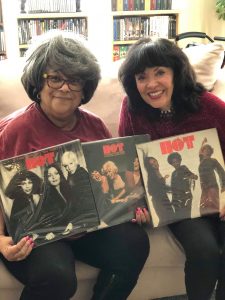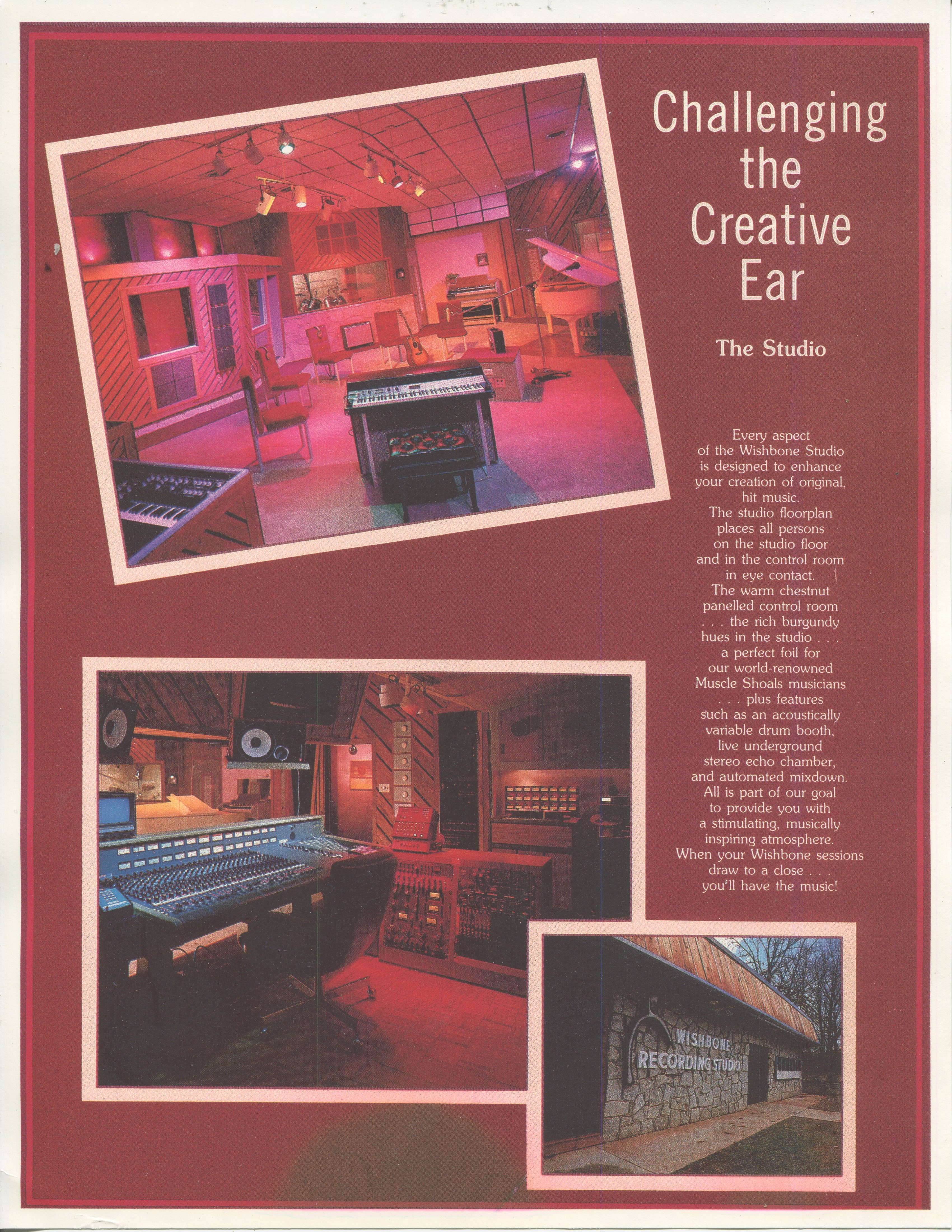
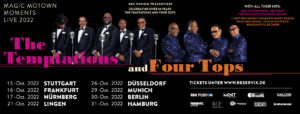 SoulDisco had to chance to talk to Otis Williams about the upcoming Tour in germany.
SoulDisco had to chance to talk to Otis Williams about the upcoming Tour in germany.
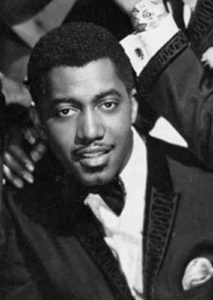
1. What can fans look forward to on the 2022 tour? Are there any new elements in the show?
The Temptations have been touring throughout the U.S. in the first half of this year and it’s been wonderful. Looking ahead, we are very excited about headlining concerts with The Four Tops this fall in the United Kingdom, France, Germany, Belgium, and the Netherlands. It’s been several years since The Temptations have been abroad so we can’t wait to see our fans again.
We have a great show planned that includes fan favorites such as, “My Girl,” “Just My Imagination (Running Away With Me),” “Ain’t Too Proud To Beg,” “Papa Was a Rollin’ Stone,” “I Wish It Would Rain,” “Treat Her Like A Lady” and more chart hits.
In terms of new elements in the show, we are featuring in our set list, “Is It Gonna Be Yes or No,” a brand-new song written and produced by the legendary Smokey Robinson, from our new album, TEMPTATIONS 60. The new album which I executive produced, is available now via live stream and as a CD edition.
 2. You are looking back on 60 years of successful stage presence. At what point were you aware that you essentially shaped the style of soul music?
2. You are looking back on 60 years of successful stage presence. At what point were you aware that you essentially shaped the style of soul music?
It’s hard to pinpoint an exact moment, it’s really been a culmination of extraordinary events over the past 60 years.
Early in our career we knew our music was shaping not only the sound of young America but influencing the music landscape globally. In 1965, when “My Girl” became our first #1 charted record and sold multi-millions of copies, we knew we were changing the game and creating a different kind of sound for the next generation. Even when we traveled abroad on Motown’s Motortown Revue tours in the 60s, people embraced our music and began singing our songs. We recognized then that music is a universal language. We were a significant part of the Motown movement that took the country by storm in the 60s. Motown moved the needle in music culture, and we were blessed enough to be a major part of that beloved and iconic sound.
A few years ago, when we were named the #1 R&B Artists of All Time by Billboard magazine, you could have tipped me over with a feather. It is such a great honor. We love what we do, and we love seeing smiles on our fans’ faces when we are on tour. We can’t wait to see our fans on tour.
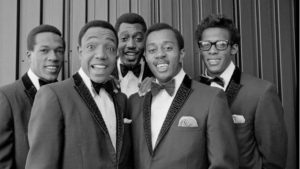 3. Which special moments of your career do you remember the most?
3. Which special moments of your career do you remember the most?
When we started out in 1961, I had no inclination I would still be on stage performing 60 years later. I look at my career as a blessing from God. After carrying The Temptations’ legacy on all these years, I’m receiving more blessings now than I ever could have imagined. I’m like a little kid in a toy store when I see how much audiences still love to see The Temptations perform, especially when I see that love and appreciation passed on to a second and third generation in the same family. We like bringing happiness and joy into people’s lives while we are performing. I’m happy when fans come to our concerts, leave their busy lives behind for a few hours, and find some kind of solace in our music.
There have been so many extraordinary moments in my career, that remain vivid in my memory, far too many to share at one time. Here are just a few:
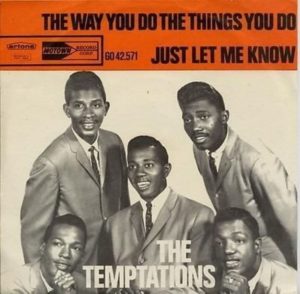 One special moment that still stands out was when we learned we had a national hit with our single, “The Way You Do The Things You Do” which was written by Smokey Robinson and Bobby Rogers. That was a big moment. We had just come back to Detroit from one of tour stints in cities around Michigan. When we got to Motown, we were told the song had hit the charts at #76. By the time we had released “The Way You Do The Things You Do,” we had recorded seven or eight records including “I Want a Love I Can See,” which we thought was going to be a hit. When we saw the music trades with our song on the chart, we just sat there in the Motown lobby and cried like little boys about to get their butts whipped. The song took off in Chicago, Philly, New York and around the country and climbed the national Pop chart to # 11. That was 1964 and we’ve been rolling ever since.
One special moment that still stands out was when we learned we had a national hit with our single, “The Way You Do The Things You Do” which was written by Smokey Robinson and Bobby Rogers. That was a big moment. We had just come back to Detroit from one of tour stints in cities around Michigan. When we got to Motown, we were told the song had hit the charts at #76. By the time we had released “The Way You Do The Things You Do,” we had recorded seven or eight records including “I Want a Love I Can See,” which we thought was going to be a hit. When we saw the music trades with our song on the chart, we just sat there in the Motown lobby and cried like little boys about to get their butts whipped. The song took off in Chicago, Philly, New York and around the country and climbed the national Pop chart to # 11. That was 1964 and we’ve been rolling ever since.
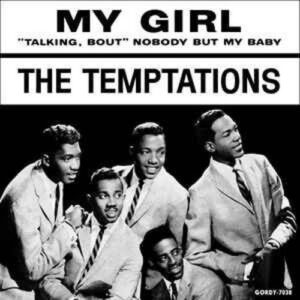 Another huge moment came in 1965, when “My Girl,” became a #1 Pop chart hit. That hit was a game changer for The Temptations. We were performing at the Apollo Theater in Harlem when we received telegrams from Berry Gordy, The Supremes, The Beatles and others, congratulating us on our #1 success. It was The Temptations’ first #1 charted record and sold multi-millions of copies. “My Girl” was inducted into The Grammy Hall of Fame in 1998 and in 2018 it was entered into the National Recording Registry by the Library of Congress. It has become a standard now. “My Girl” opened the door to global attention for the group and we continued to produce a string of chart hits in the decades to follow.
Another huge moment came in 1965, when “My Girl,” became a #1 Pop chart hit. That hit was a game changer for The Temptations. We were performing at the Apollo Theater in Harlem when we received telegrams from Berry Gordy, The Supremes, The Beatles and others, congratulating us on our #1 success. It was The Temptations’ first #1 charted record and sold multi-millions of copies. “My Girl” was inducted into The Grammy Hall of Fame in 1998 and in 2018 it was entered into the National Recording Registry by the Library of Congress. It has become a standard now. “My Girl” opened the door to global attention for the group and we continued to produce a string of chart hits in the decades to follow.
 Another memorable time was (during our Classic Five period) doing five shows in one day at The Apollo Theater in New York City. The line of fans outside the Theater wrapped around several blocks and avenues. We opened the show with the song “Hello Young Lovers,” rather than opening with an R&B tune. That was a bold move to make at the Apollo. The curtain would be closed and when our famous four-headed microphone was placed on the stage in front of the closed curtain, the audience would go wild. The curtain would go up and we’d start with that song and fans would rush to the front of the stage. Also memorable were our appearances at the famous Copacabana supper club in New York, and our 13 appearances on The Ed Sullivan television show, and so many others national TV programs. We knew back then that our music had become iconic in the global entertainment world.
Another memorable time was (during our Classic Five period) doing five shows in one day at The Apollo Theater in New York City. The line of fans outside the Theater wrapped around several blocks and avenues. We opened the show with the song “Hello Young Lovers,” rather than opening with an R&B tune. That was a bold move to make at the Apollo. The curtain would be closed and when our famous four-headed microphone was placed on the stage in front of the closed curtain, the audience would go wild. The curtain would go up and we’d start with that song and fans would rush to the front of the stage. Also memorable were our appearances at the famous Copacabana supper club in New York, and our 13 appearances on The Ed Sullivan television show, and so many others national TV programs. We knew back then that our music had become iconic in the global entertainment world.
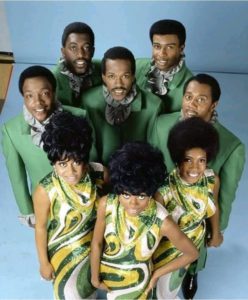 I’ll always remember in 1968, and 1969, Diana Ross and the Supremes and The Temptations starred in primetime network television specials “TCB (Taking Care of Business)” and “G.I.T. (Getting It Together) on Broadway.” Never before had two contemporary African American groups headlined their own #1 nationally rated television specials, both produced by Motown, an African American owned company. The “TCB” special was named the #1 rated variety show in 1968 and received an Emmy® nomination. The original cast soundtrack album, TCB, reached #1 on Billboard’s Top 200 Albums chart.
I’ll always remember in 1968, and 1969, Diana Ross and the Supremes and The Temptations starred in primetime network television specials “TCB (Taking Care of Business)” and “G.I.T. (Getting It Together) on Broadway.” Never before had two contemporary African American groups headlined their own #1 nationally rated television specials, both produced by Motown, an African American owned company. The “TCB” special was named the #1 rated variety show in 1968 and received an Emmy® nomination. The original cast soundtrack album, TCB, reached #1 on Billboard’s Top 200 Albums chart.
 Other big moments included when The Temptations delivered Motown’s and our first-ever, GRAMMY® at the 11th Annual Grammy® Awards in 1969 for Best Rhythm & Blues Performance by a Duo or Group, Vocal or Instrumental, for our song, “Cloud Nine.” We have also been awarded five Grammy® Awards, including the Recording Academy’s Lifetime Achievement Grammy® Award.
Other big moments included when The Temptations delivered Motown’s and our first-ever, GRAMMY® at the 11th Annual Grammy® Awards in 1969 for Best Rhythm & Blues Performance by a Duo or Group, Vocal or Instrumental, for our song, “Cloud Nine.” We have also been awarded five Grammy® Awards, including the Recording Academy’s Lifetime Achievement Grammy® Award.
Of course, being inducted into the Rock and Roll Hall of Fame in 1989 was a very big moment for the group as well as receiving so many other prestigious awards and accolades. We have over 50 gold, platinum and multi-platinum awards all combined.
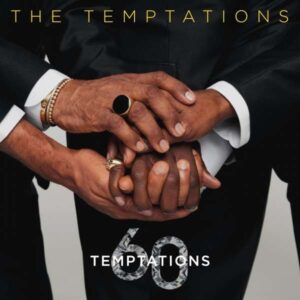 Earlier this year, it was incredible delivering our 60th anniversary album, TEMPTATIONS 60. Being back in the studio this time reminded me of how long and rewarding a journey it has been. I get emotional when I think about it, because we poured every ounce of our heart and soul into making the new album very special, and I can proudly say it showcases brand new songs that reflect the best of what’s vintage, and modern, in our music. This new album represents generations of unique melodies, lyrics and songs, distinctly our own. Some of the new songs echo our original ballads and love songs, while others capture current, topical vibes of the 21st Century. It also includes new songs that reflect the times we are living in now. It brings together again several great producers we have worked with in the past, including Smokey Robinson, Narada Michael Walden, Dennis Nelson and Thomas “TC” Campbell. Now, as divine grace would have it, we got another chance to collaborate again.”
Earlier this year, it was incredible delivering our 60th anniversary album, TEMPTATIONS 60. Being back in the studio this time reminded me of how long and rewarding a journey it has been. I get emotional when I think about it, because we poured every ounce of our heart and soul into making the new album very special, and I can proudly say it showcases brand new songs that reflect the best of what’s vintage, and modern, in our music. This new album represents generations of unique melodies, lyrics and songs, distinctly our own. Some of the new songs echo our original ballads and love songs, while others capture current, topical vibes of the 21st Century. It also includes new songs that reflect the times we are living in now. It brings together again several great producers we have worked with in the past, including Smokey Robinson, Narada Michael Walden, Dennis Nelson and Thomas “TC” Campbell. Now, as divine grace would have it, we got another chance to collaborate again.”
Another landmark moment, that was quite overwhelming, personally and emotionally, was opening night on Broadway, in March 2019, of Ain’t Too Proud: The Life and Times of the Temptations, a musical based on my autobiography. The experience was surreal, because as young guys starting out, we never imagined performing on stages around the world, let alone that my story about our journey would someday appear under the bright lights on Broadway. I feel blessed that our music lives on in the hearts of fans worldwide and has been celebrated on the prestigious Imperial Theater stage on Broadway. It’s an incredibly moving tribute to our music and honors our place in history. After completing its run on the Broadway stage, the touring production of The Broadway musical is currently touring to 50 cities in the U.S. throughout this year and next.
I am really proud that we are continuing to reach a whole new generation of fans with the touring production of the Musical. We feel blessed and give thanks to God.
For details, see the link here: https://ainttooproudmusical.com/
4. Do you remember the very first concert The Temptations and The Four Tops did together?
 The Temptations first performed with The Four Tops on the Motortown Revue Tours in the 60s. We really enjoyed being on the road together. Back in the day, back in Detroit we considered them competition. They had a sophisticated style and some fantastic moves on stage. Duke Fakir, a founding member of The Tops, and I go back as far as those very early days of Motown. I even remember seeing the Tops perform in Detroit back in fifties and I thought they were greatest, and still do.
The Temptations first performed with The Four Tops on the Motortown Revue Tours in the 60s. We really enjoyed being on the road together. Back in the day, back in Detroit we considered them competition. They had a sophisticated style and some fantastic moves on stage. Duke Fakir, a founding member of The Tops, and I go back as far as those very early days of Motown. I even remember seeing the Tops perform in Detroit back in fifties and I thought they were greatest, and still do.

We love The Four Tops’ songs and love performing with them still today. Both groups, The Temptations and The Four Tops are headlining concerts together in Europe this fall.
 One of most memorable experiences with The Tops was back in 1983 when we did the Motown 25 television special together. That network television special had to be one of the biggest events that year. Motown brought together many of its famous artists for the special, including The Supremes, The Temptations, The Four Tops, Marvin Gaye, Stevie Wonder, The Jacksons, Martha Reeves, and many others. Someone came up with the idea to have The Temptations and The Four Tops do a little singing battle during the show.
One of most memorable experiences with The Tops was back in 1983 when we did the Motown 25 television special together. That network television special had to be one of the biggest events that year. Motown brought together many of its famous artists for the special, including The Supremes, The Temptations, The Four Tops, Marvin Gaye, Stevie Wonder, The Jacksons, Martha Reeves, and many others. Someone came up with the idea to have The Temptations and The Four Tops do a little singing battle during the show.

The Tempts and The Tops both switched off between medleys of our hits. Then we’d sing parts of their songs, and they would sing parts of our songs. At that time, it was Dennis Edwards and Levi Stubbs going at it and the audience loved it. It was such a popular part of that Motown Special that a T’n’T tour was created, which ran for nearly three years and went all over the world.

5. How do you keep yourselves fit for touring life?
The key is you’ve got to get rest and watch your diet. It takes discipline to resist developing bad eating habits on the road. Some of it is just using plain common sense, but common sense isn’t so common if you don’t use it. When I moved to Los Angeles in 74, I thought, man you really have to take better care of yourself, starting right now. So, I started focusing more on what I eat.
We also have to stay nimble for our choreographed dance routines, so I try to exercise whenever possible. Our audiences are still looking for The Tempts to do our well-known choreography during concerts, so we have to stay in shape. In our show now, we still do our choreographed moves, but at a certain point we also bring out stools and sit and talk to the audience. I’m panting a little bit by that time, and I tell them, ”I’ve been doing this for seven decades now and I’m tired you all.” The audience falls out laughing. We turn it into a comedy thing and our fans love it. Sometimes I look at the stuff we used to do in the early decades of my career, and I think to myself, only when you are young! Also, I try to keep a wonderful spirit. I love what I do, bringing happiness to people through our music.

6. What (musical) projects are you working on at the moment?
As I mentioned earlier, The Temptations are still celebrating their 60th Anniversary through 2022. To mark our milestone, we released in January 2022, a brand-new album, TEMPTATIONS 60. which is available now via live stream and as a CD edition. The new album consists of nearly all-original songs. In addition to tracks produced by group members, the album brings us back together again with some of our most beloved producers, including the legendary Smokey Robinson and Narada Michael Walden.
We remain very excited that the Tony® Award-winning Broadway musical, Ain’t Too Proud: The Life and Times of The Temptations, based on my personal journey is currently touring nationally in the U.S. While on Broadway, the musical received 12 Tony nominations, including Best Musical and won the Tony® Award for Best Choreography at the 73rd Tony® Awards at Radio City Music Hall in New York City on June 10, 2019. The musical is scheduled to open in theaters in more than 50 cities across the U.S. throughout this year and next.

For details, see the link here: https://ainttooproudmusical.com/
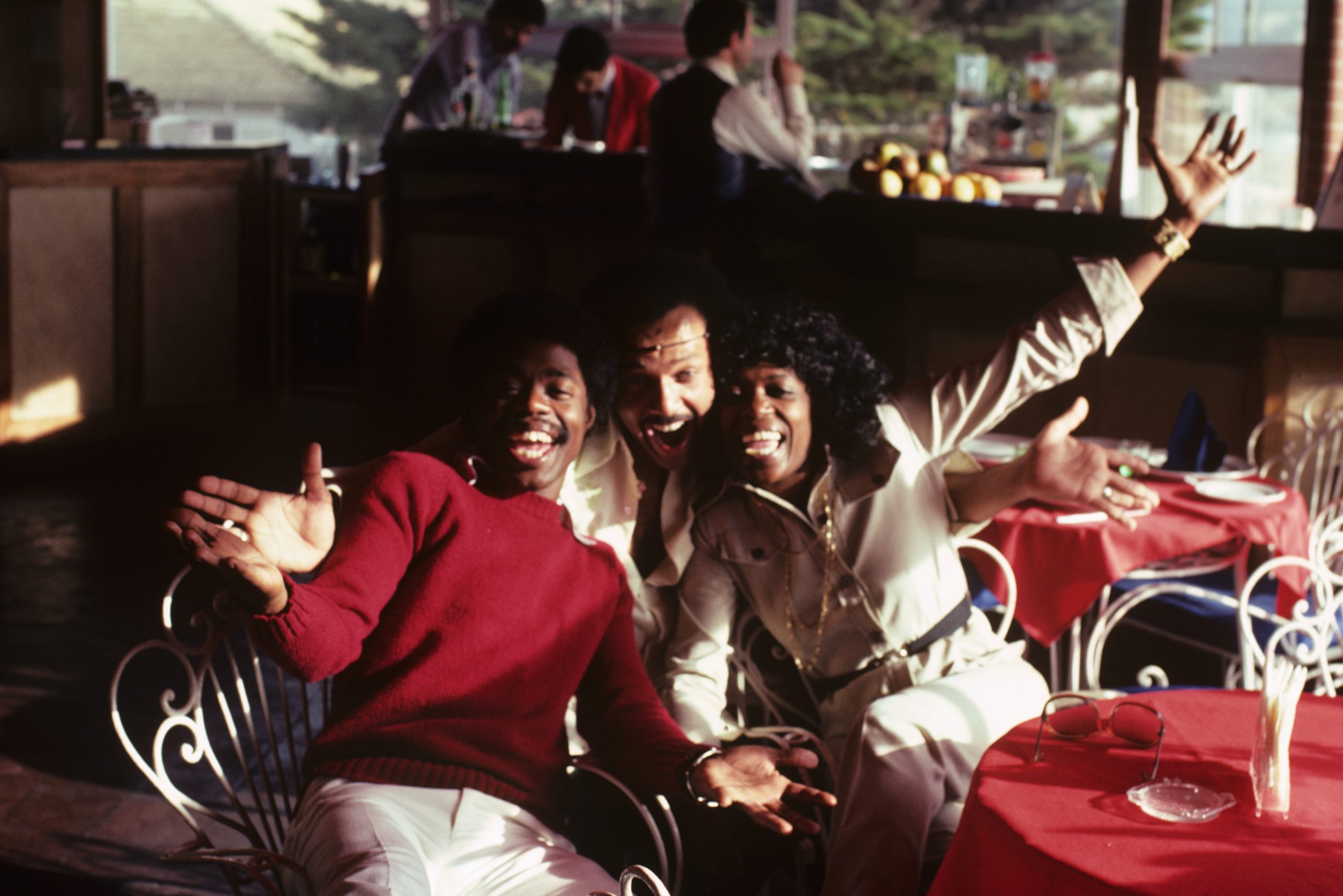
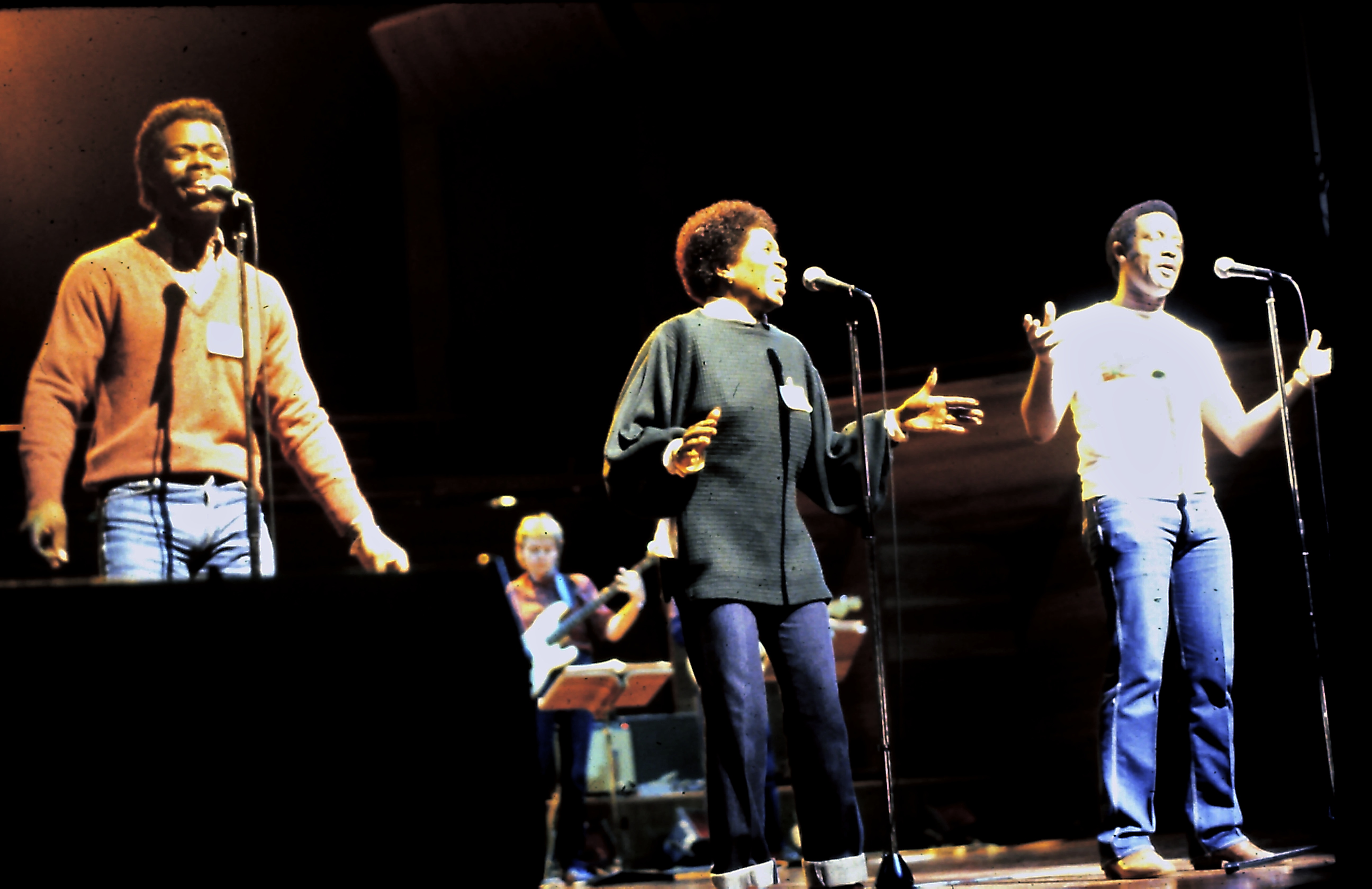


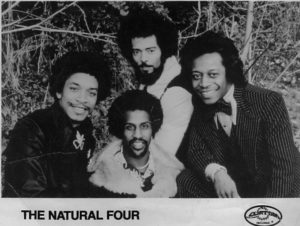

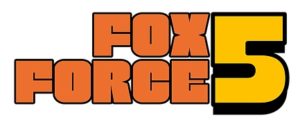

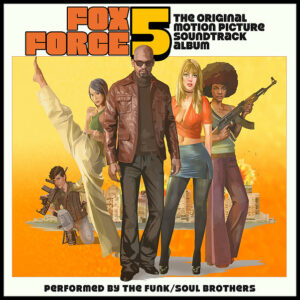
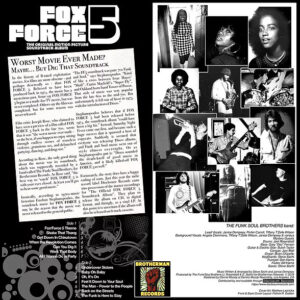
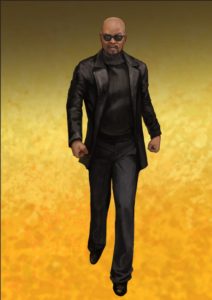

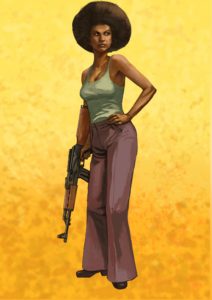
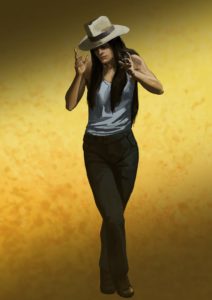



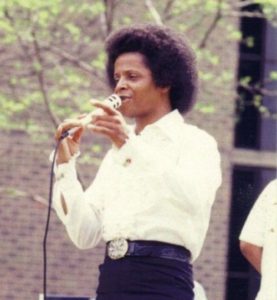 Some time ago, a trailer was introduced to the show, American Soul. In this show, the life of Don Cornelius is portrayed. An important part of this trailer was also the first SoulTrain (national) show from 1971. In the original show appeared next to Gladys Knight & the Pips / Eddie Kendricks / The Honey Cone,Bobby Hutton. However, he did not appear in soul train 40th Anniversary (2011) nor on the TV show American Soul. SoulDisco talked to Bobby in New York why he had no involvement in these events and what happened after his recordings for his only album “Piece of the Action” from 1973.
Some time ago, a trailer was introduced to the show, American Soul. In this show, the life of Don Cornelius is portrayed. An important part of this trailer was also the first SoulTrain (national) show from 1971. In the original show appeared next to Gladys Knight & the Pips / Eddie Kendricks / The Honey Cone,Bobby Hutton. However, he did not appear in soul train 40th Anniversary (2011) nor on the TV show American Soul. SoulDisco talked to Bobby in New York why he had no involvement in these events and what happened after his recordings for his only album “Piece of the Action” from 1973.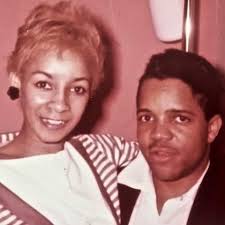
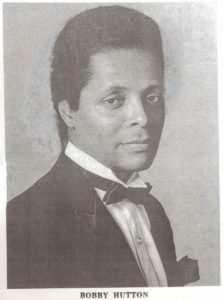
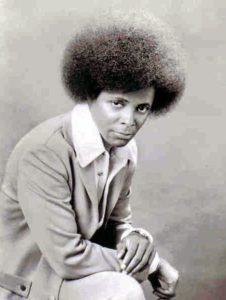

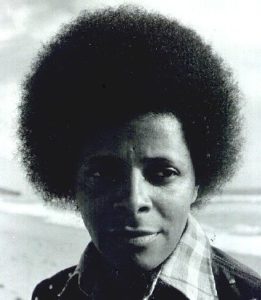
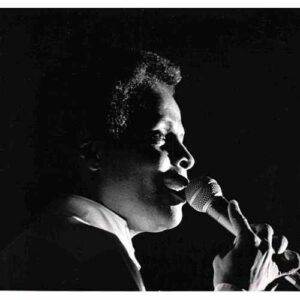
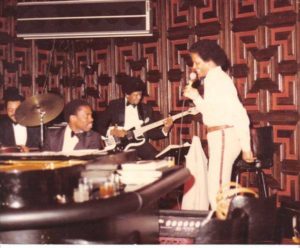
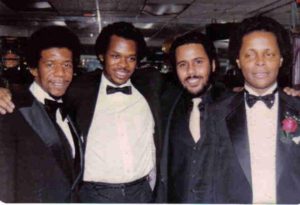
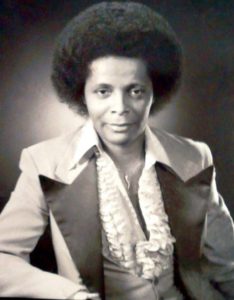


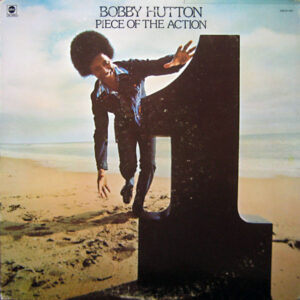
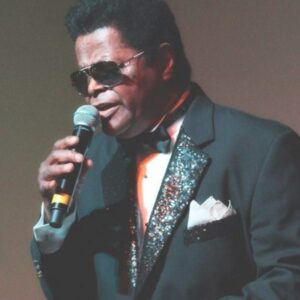


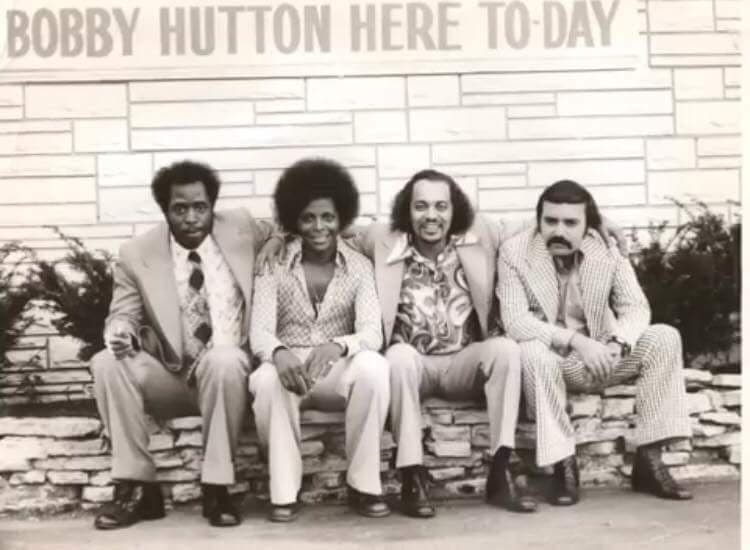
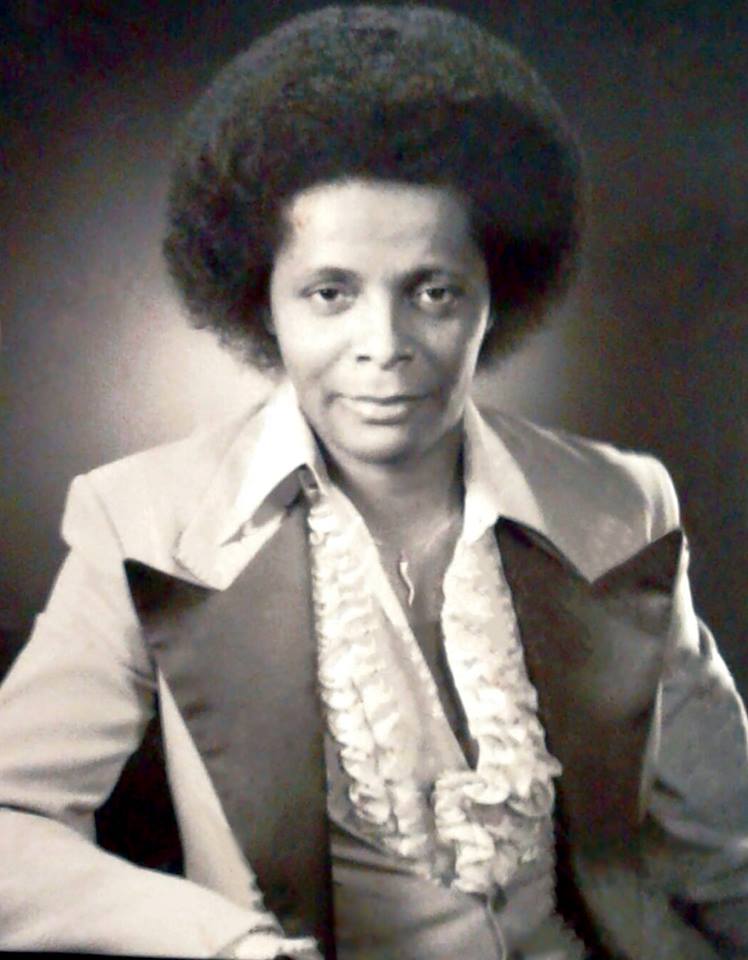
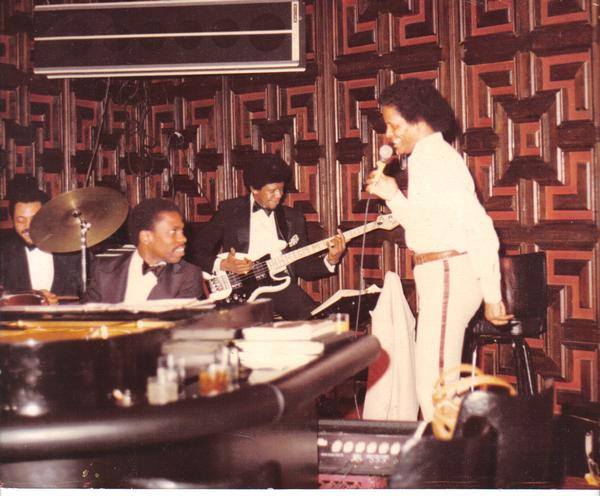
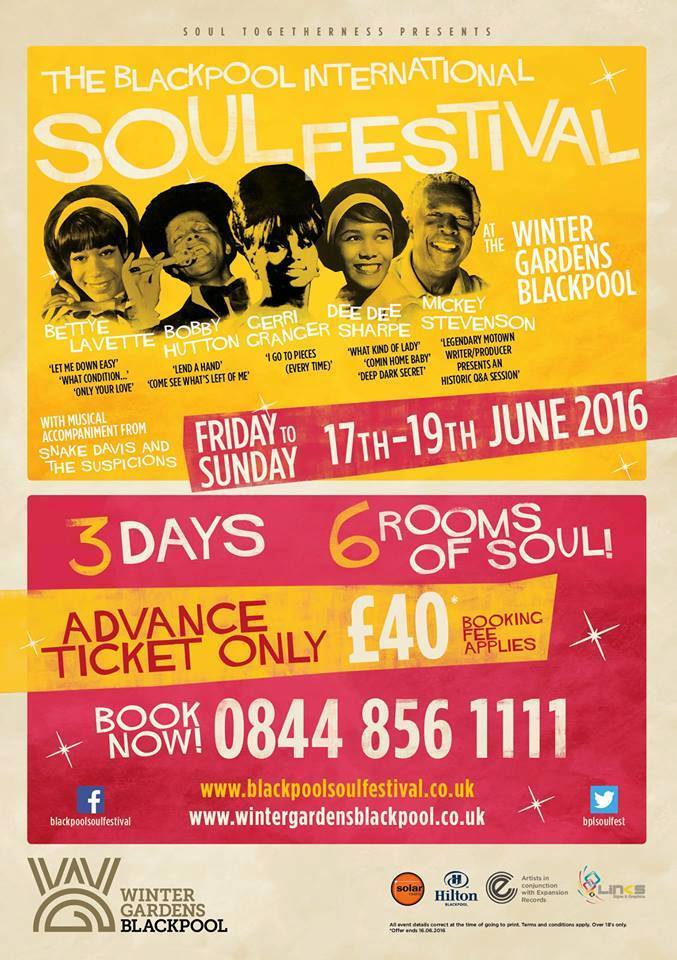
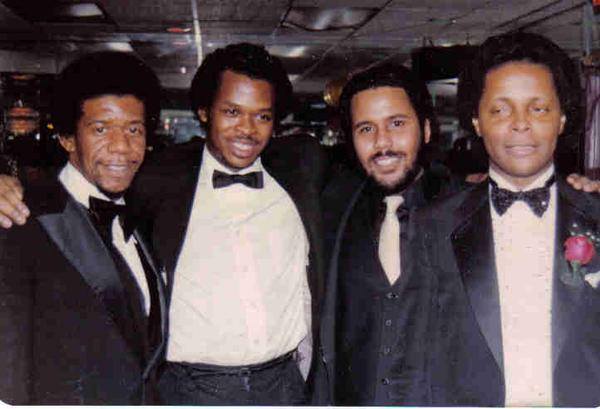


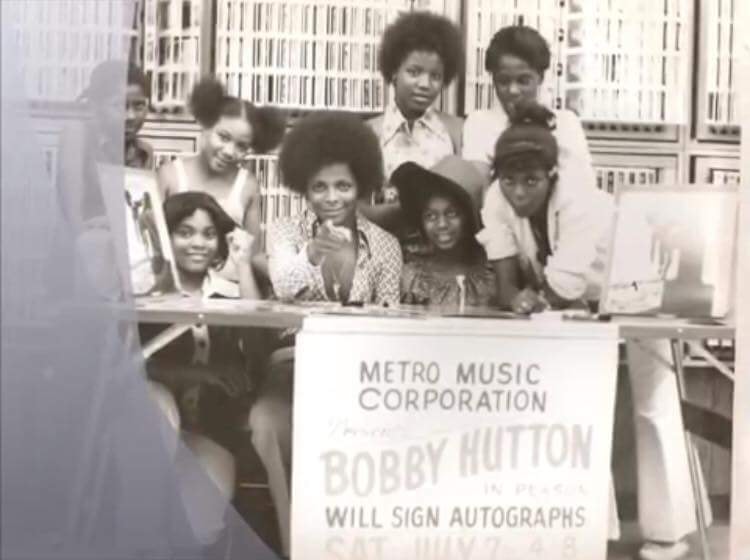
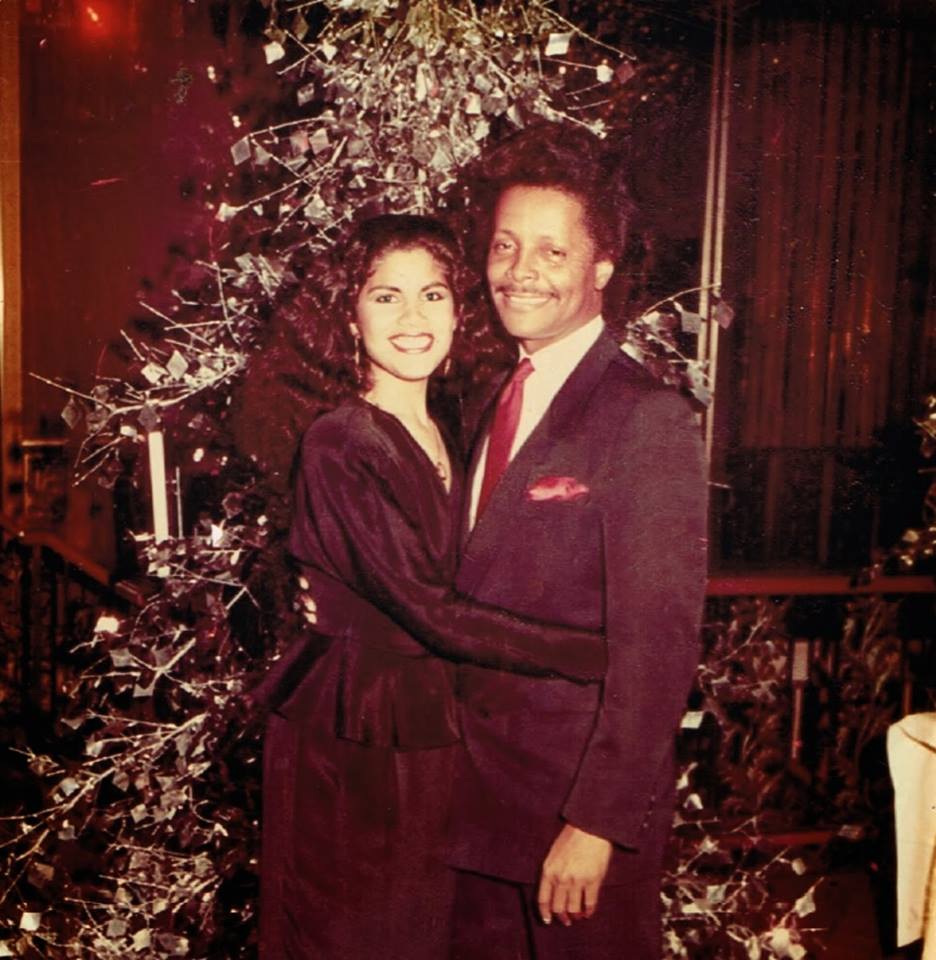
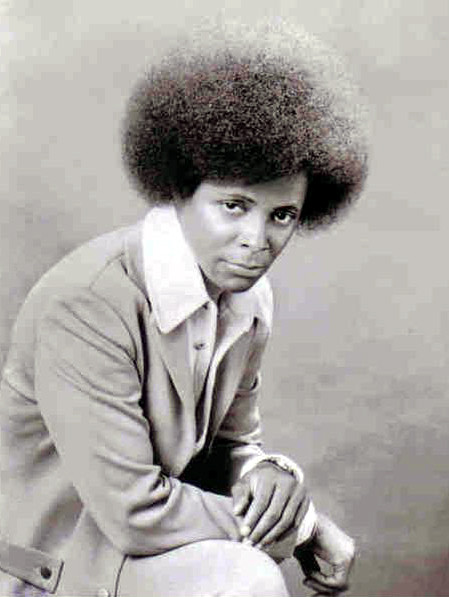



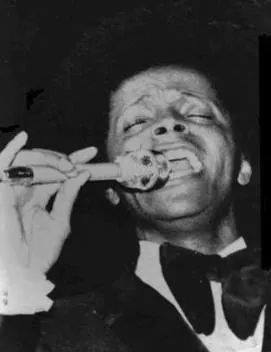


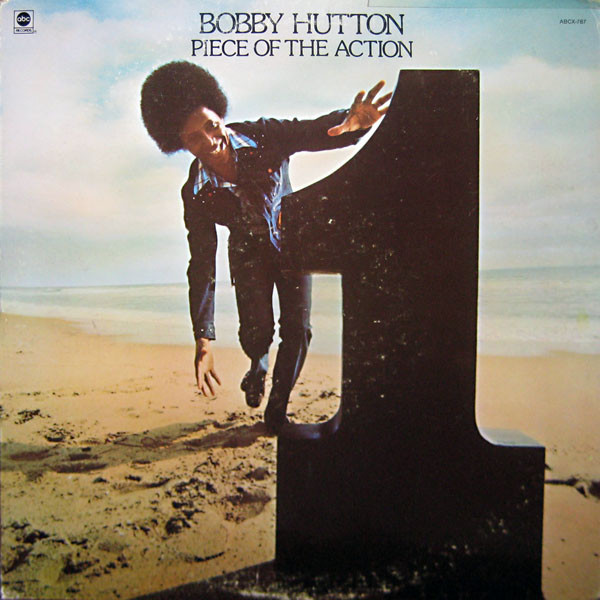


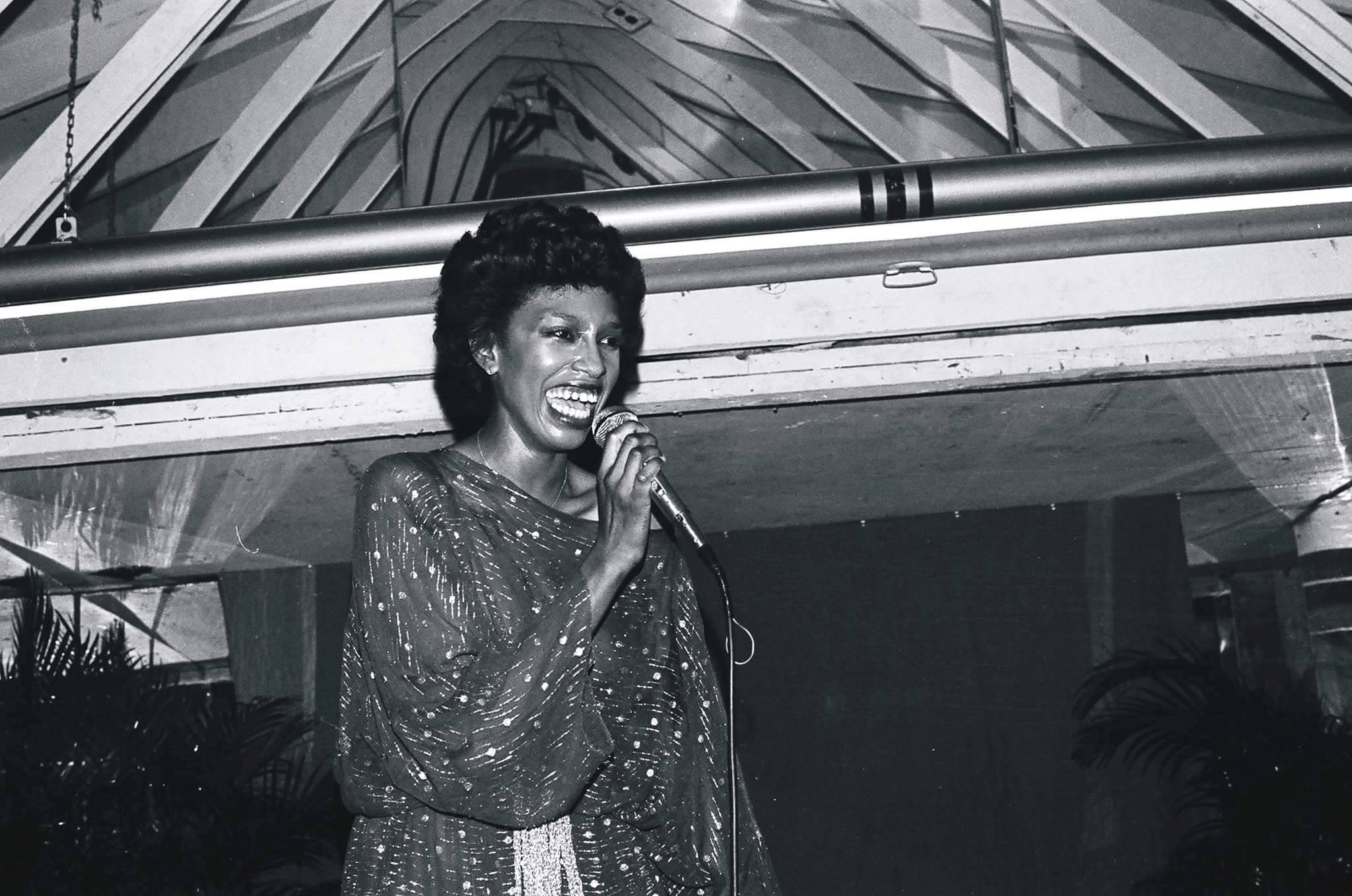
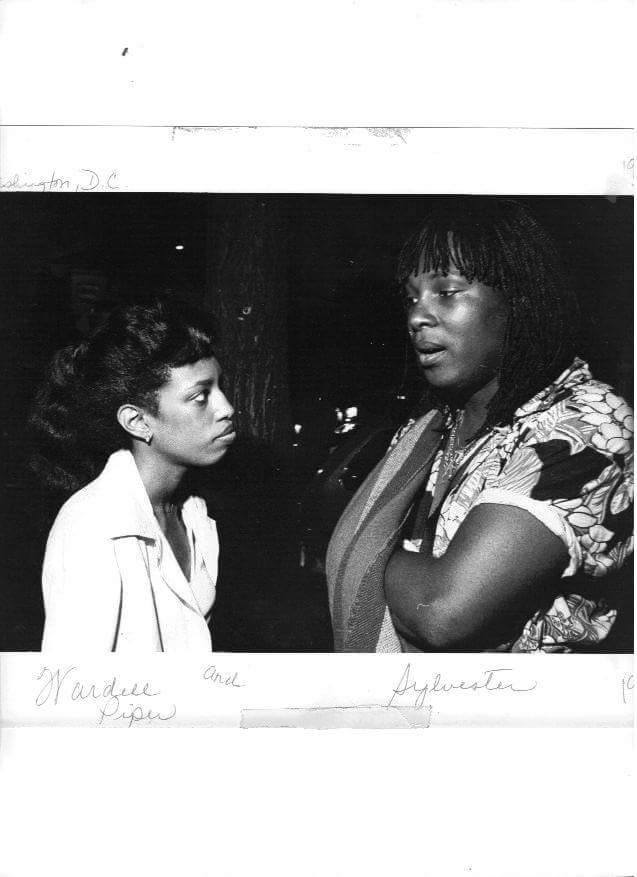
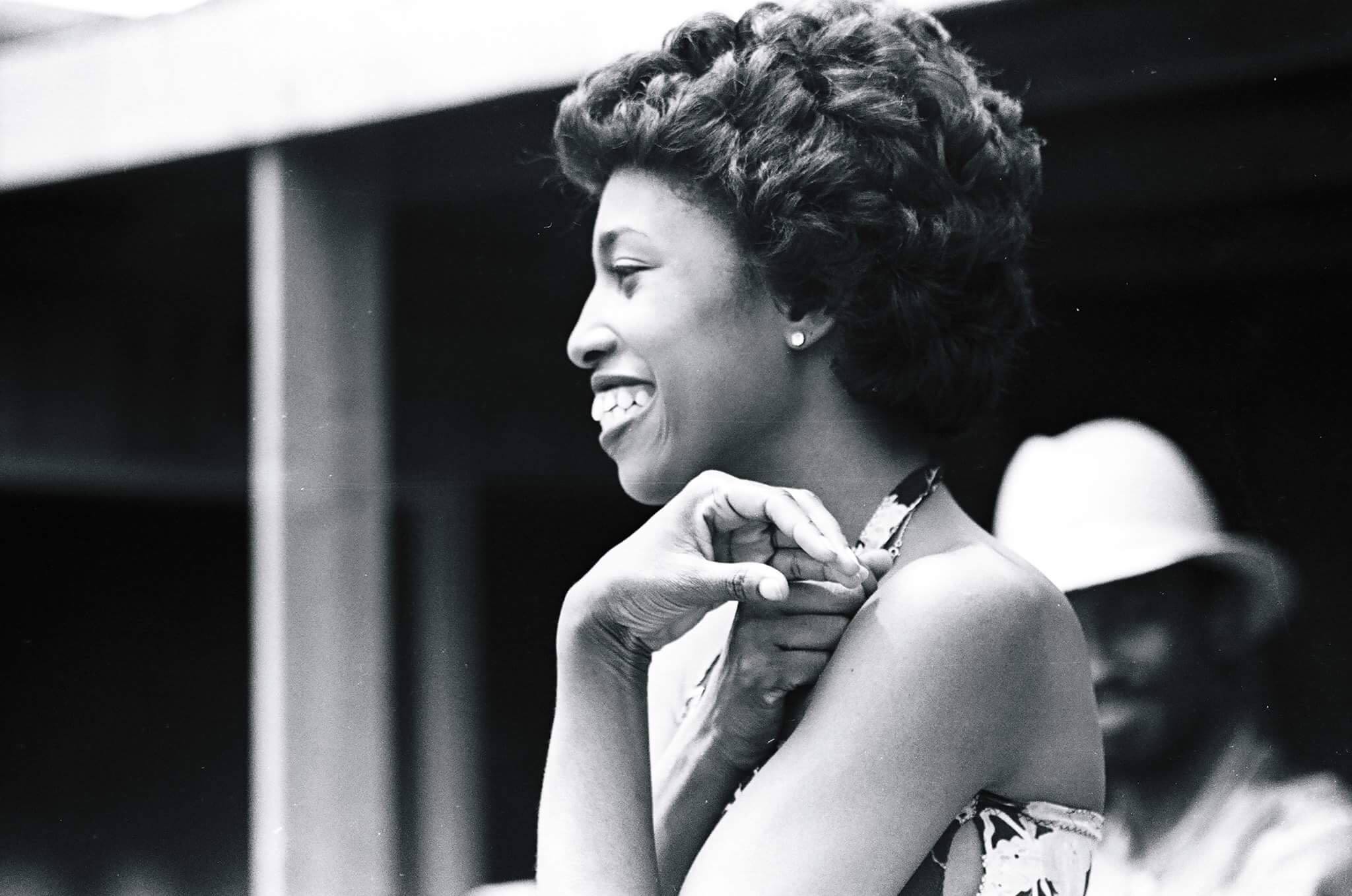




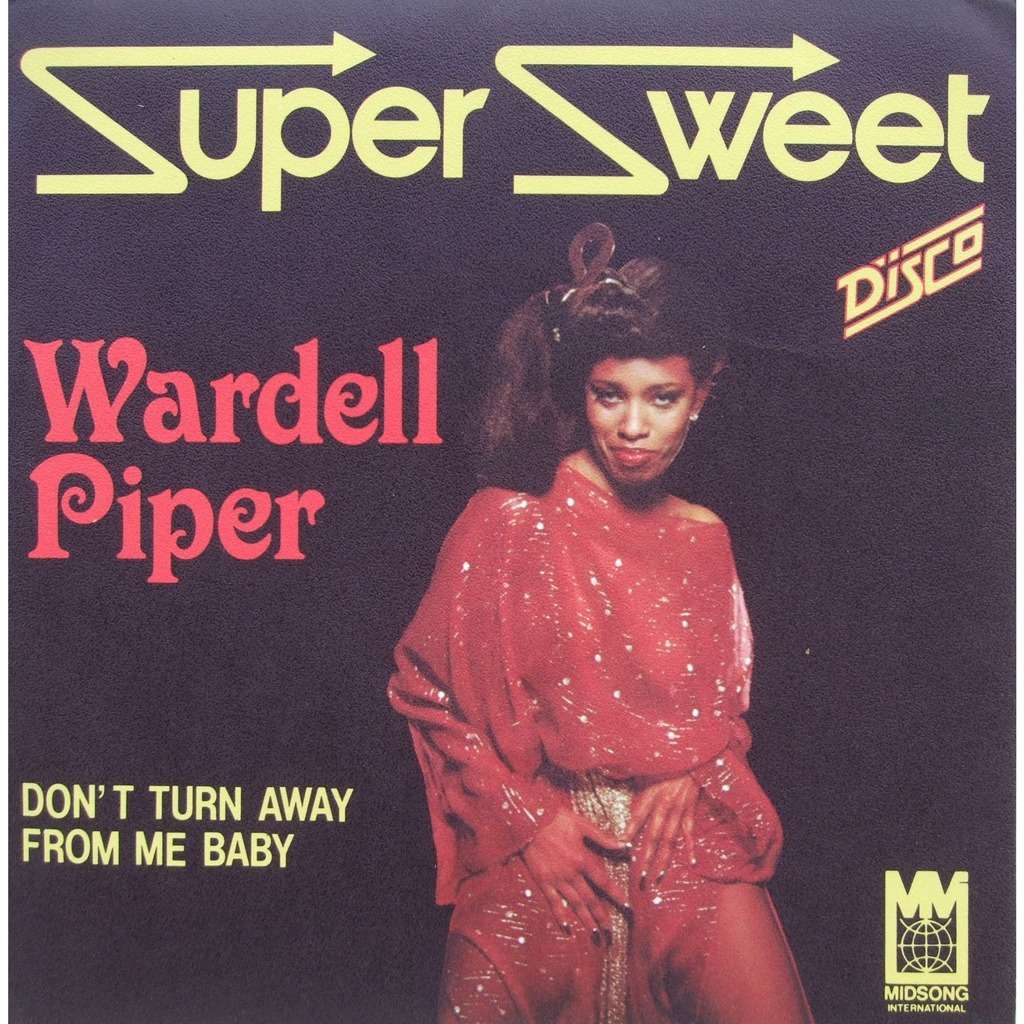
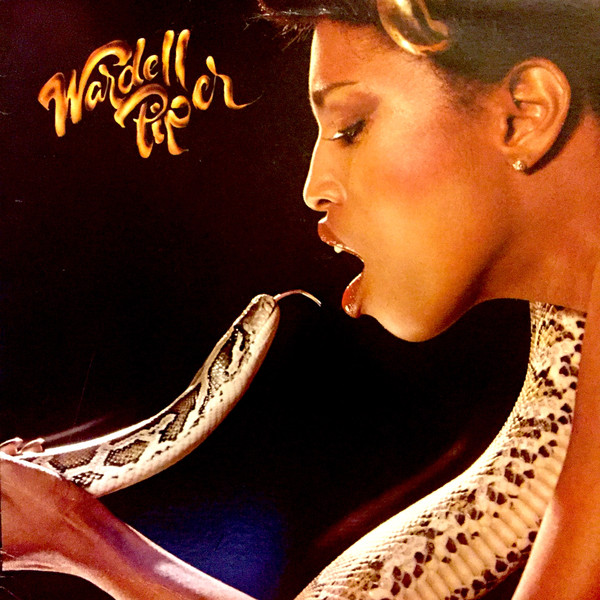
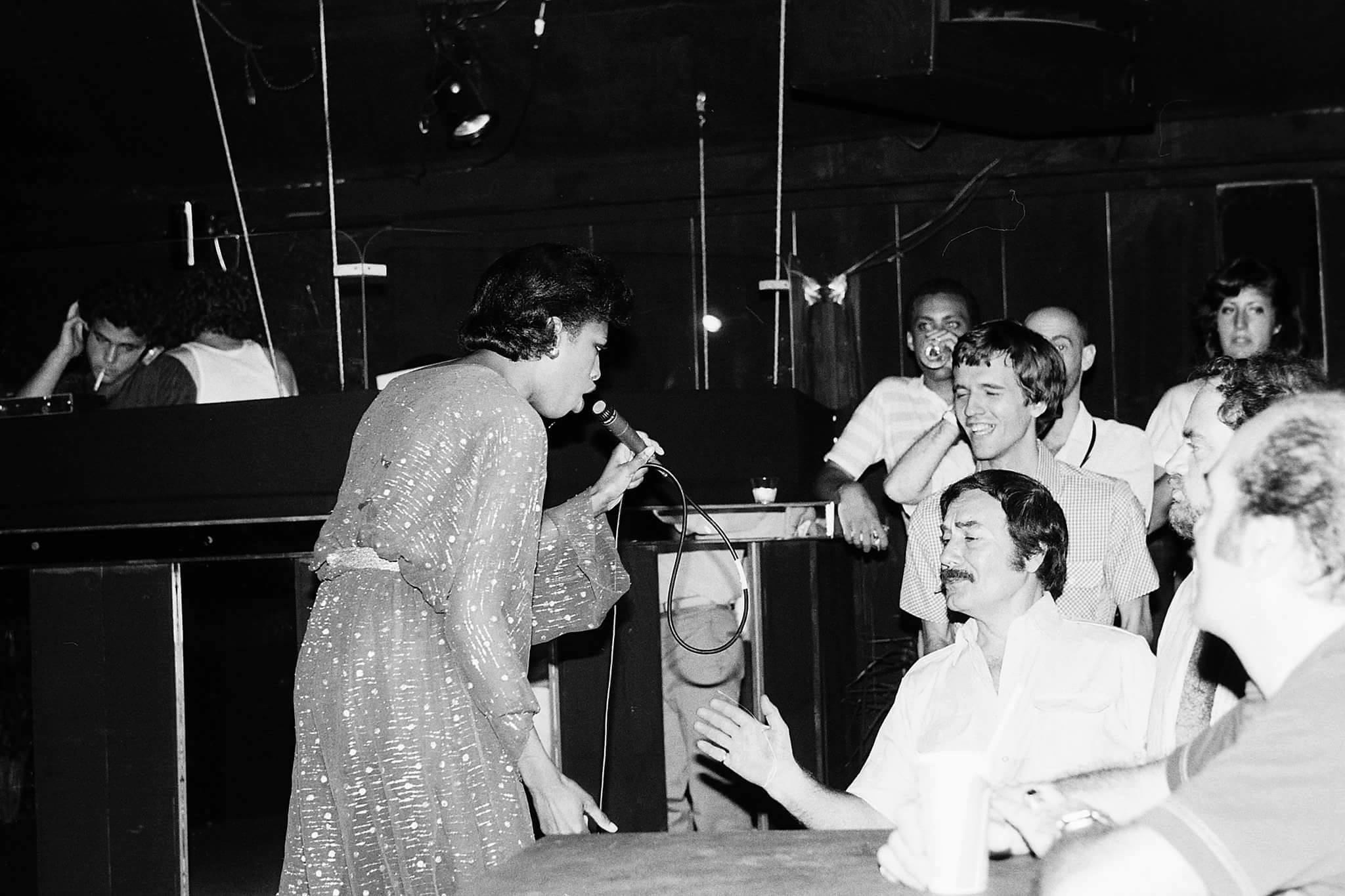

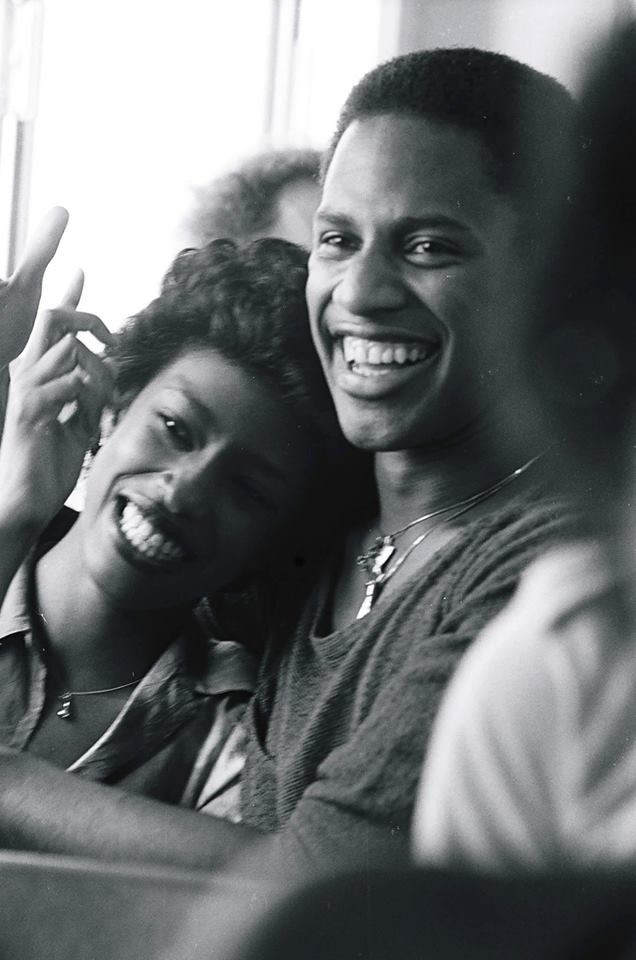

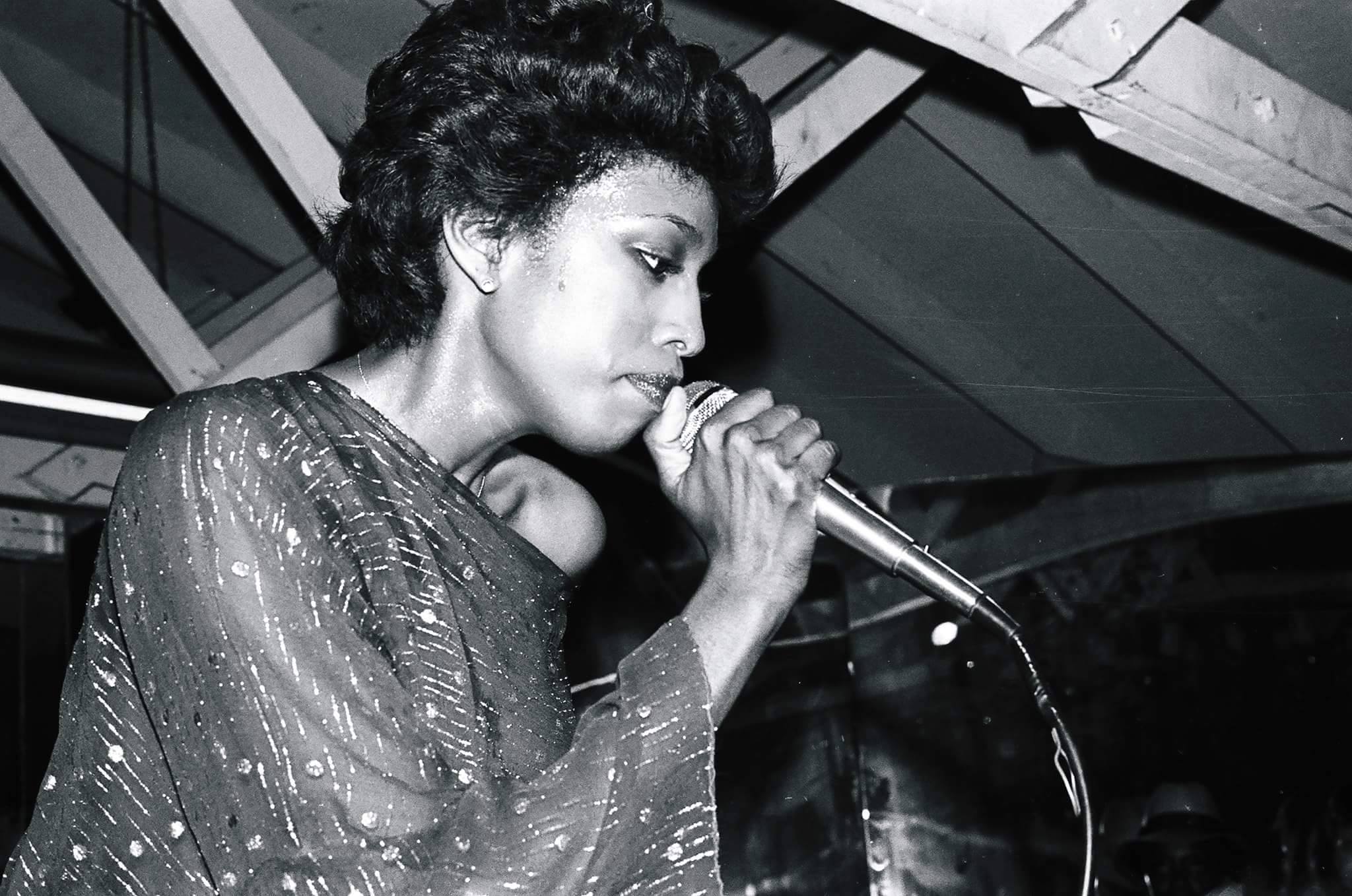


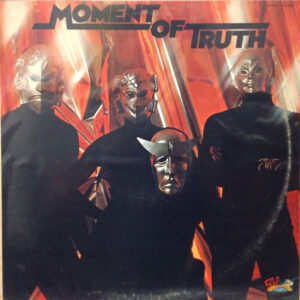 The producer Reid Whitelaw writes in the liner notes “Moment of Truth is an album about the desire for love”. From the introductory song “Chained to Your Love” to the last song of the B-side “So Much for Love”this statement proofs to be true.The label Salsoul Records is better known for their “disco-heavy” releases, but Moment of Truth is more of an “uptempo soul concept” album. Since there is so little information about this group, we located and interviewed one of the lead singers of the group Ivery “Caprice” Bell in New York.
The producer Reid Whitelaw writes in the liner notes “Moment of Truth is an album about the desire for love”. From the introductory song “Chained to Your Love” to the last song of the B-side “So Much for Love”this statement proofs to be true.The label Salsoul Records is better known for their “disco-heavy” releases, but Moment of Truth is more of an “uptempo soul concept” album. Since there is so little information about this group, we located and interviewed one of the lead singers of the group Ivery “Caprice” Bell in New York.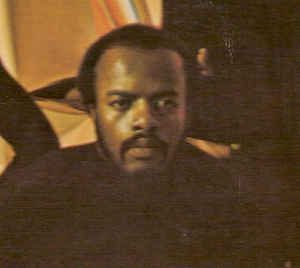
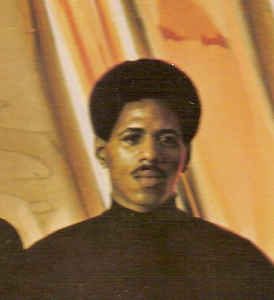
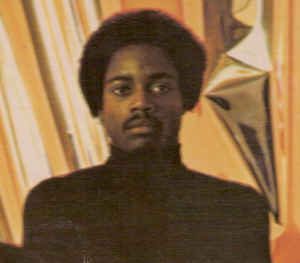

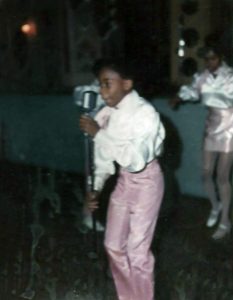
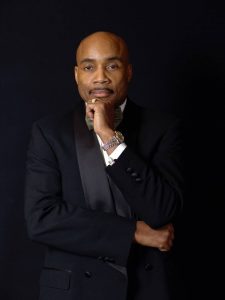

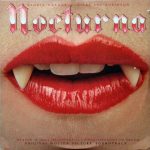
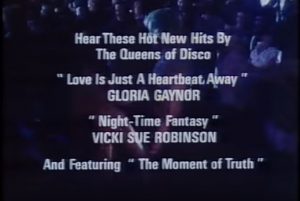 NOCTURNA is the name of the vampire movie from 1979. They also contributed two songs to the soundtrack, “Love At First Sight” and “I’m Hopelessly In Love With You”. The in-disco STARSHIP DISCOVERY 1 in Manhattan served as a location for many scenes from the film. (
NOCTURNA is the name of the vampire movie from 1979. They also contributed two songs to the soundtrack, “Love At First Sight” and “I’m Hopelessly In Love With You”. The in-disco STARSHIP DISCOVERY 1 in Manhattan served as a location for many scenes from the film. (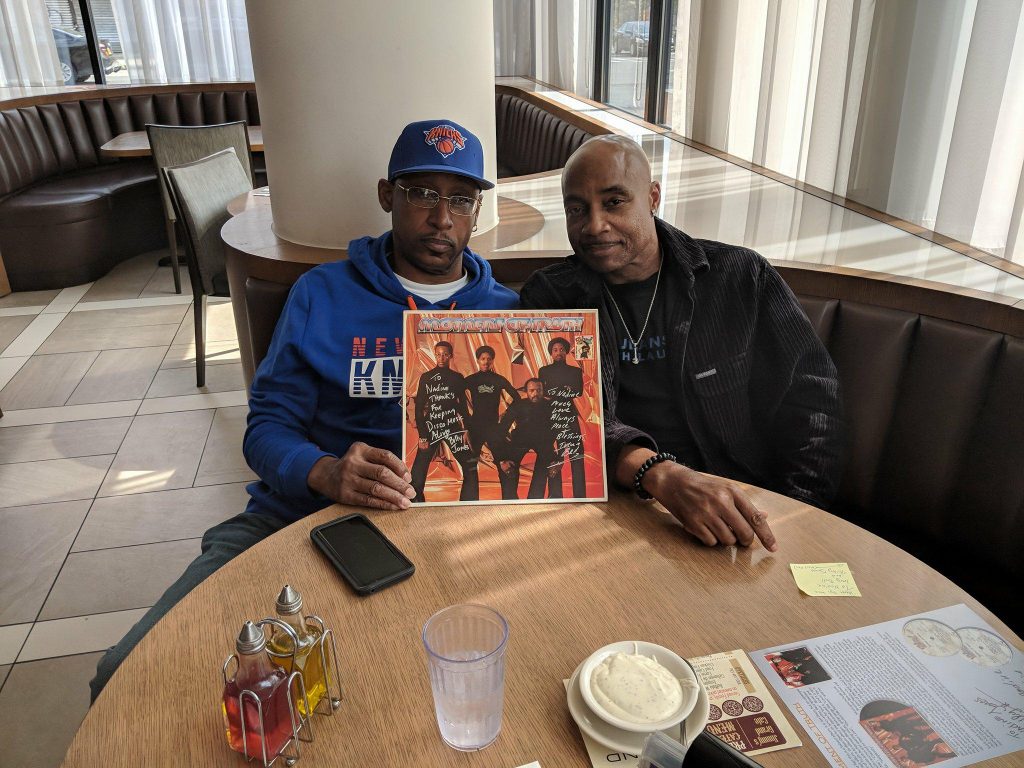

 At the premiere party of the film Saturday Night Fever, whose influence is still present today and characterizes the image of the Disco Area, they performed that evening in the Disco Odyssey 2001 in Brooklyn, which were also the filming location of the film. There they were, next to Sister Sledge one of the “Main Acts”.
At the premiere party of the film Saturday Night Fever, whose influence is still present today and characterizes the image of the Disco Area, they performed that evening in the Disco Odyssey 2001 in Brooklyn, which were also the filming location of the film. There they were, next to Sister Sledge one of the “Main Acts”. 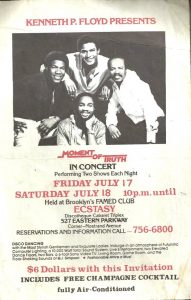
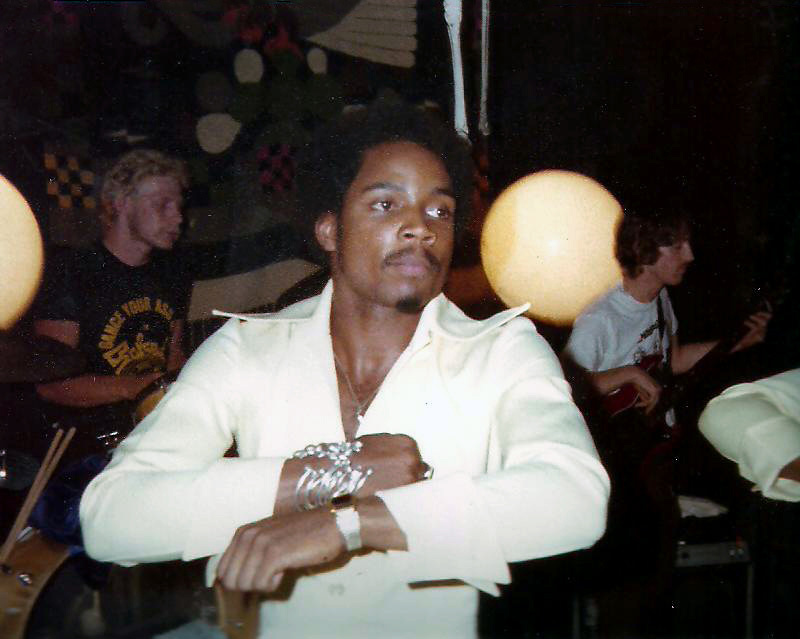

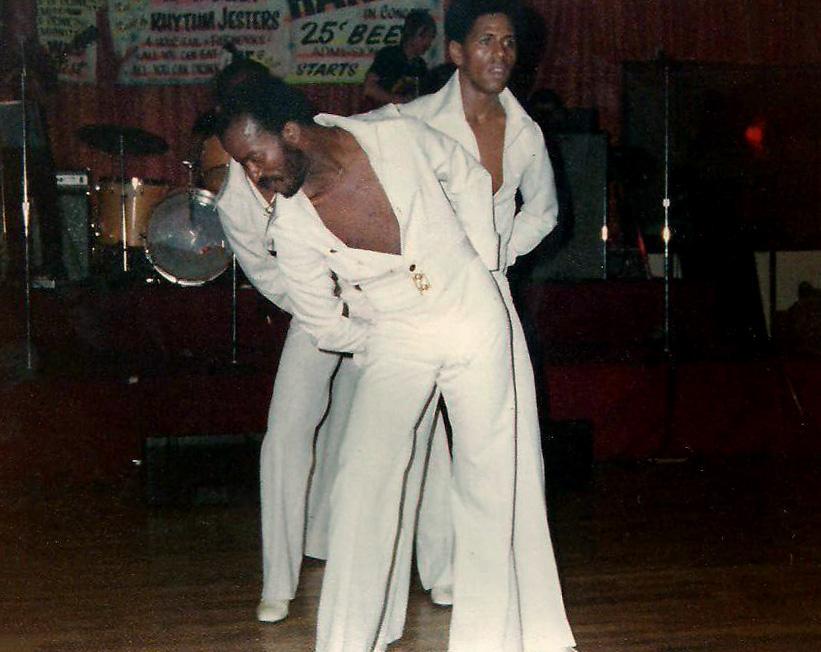
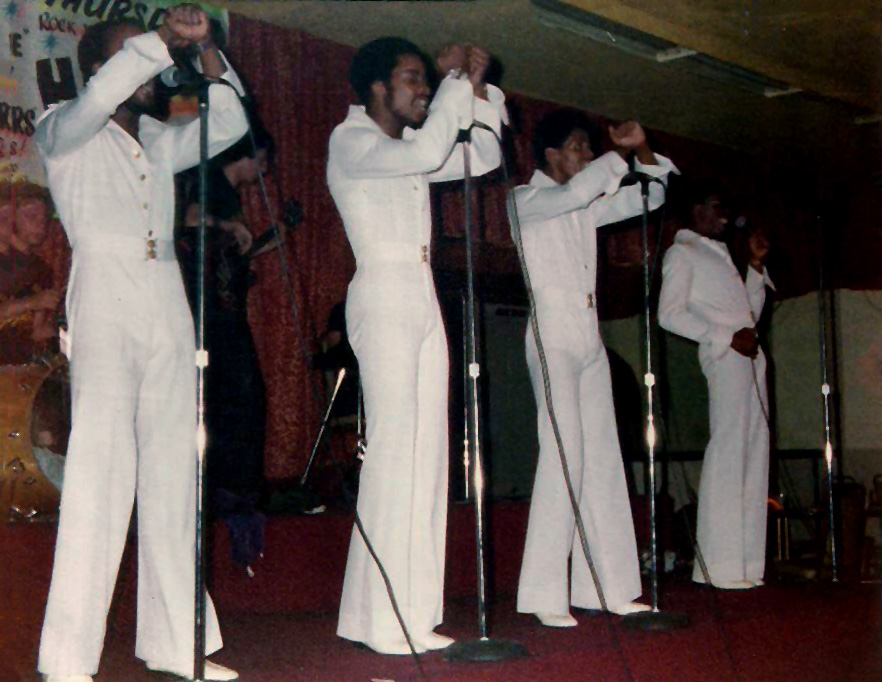

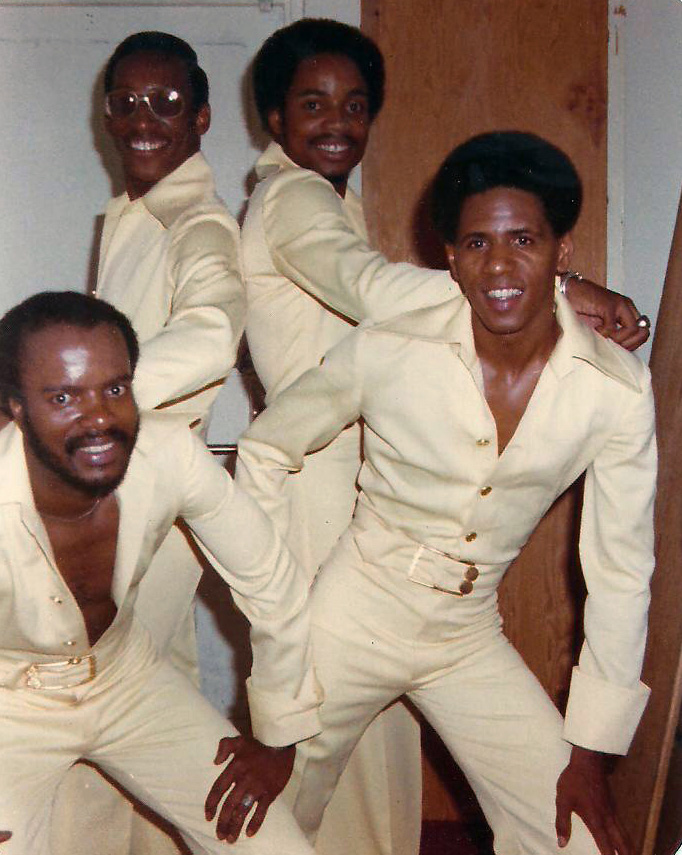
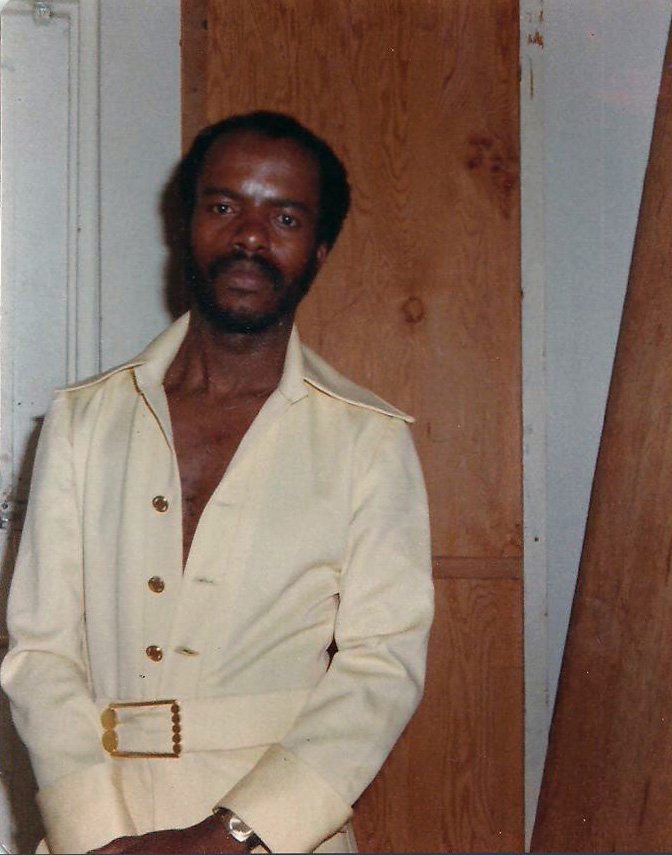
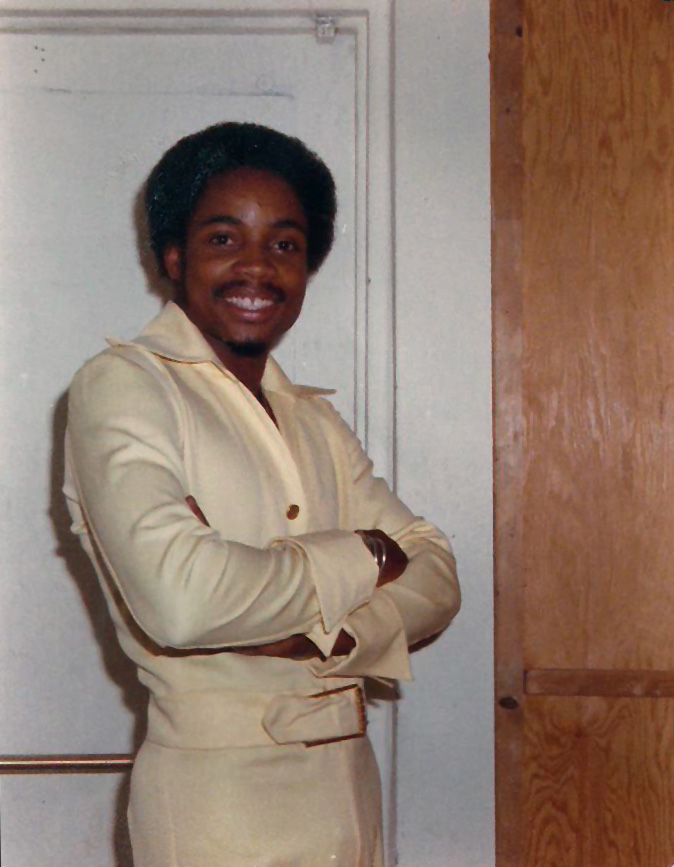
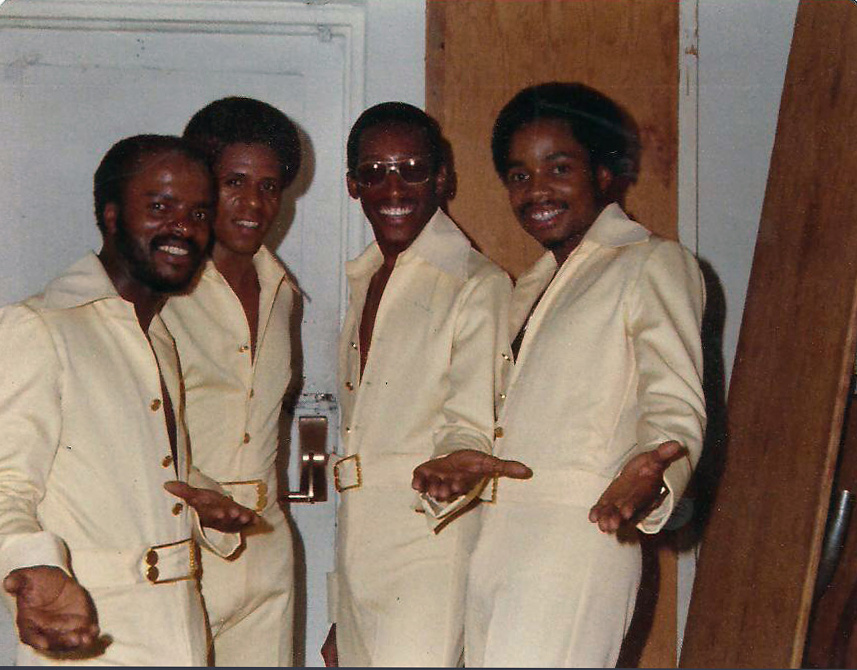

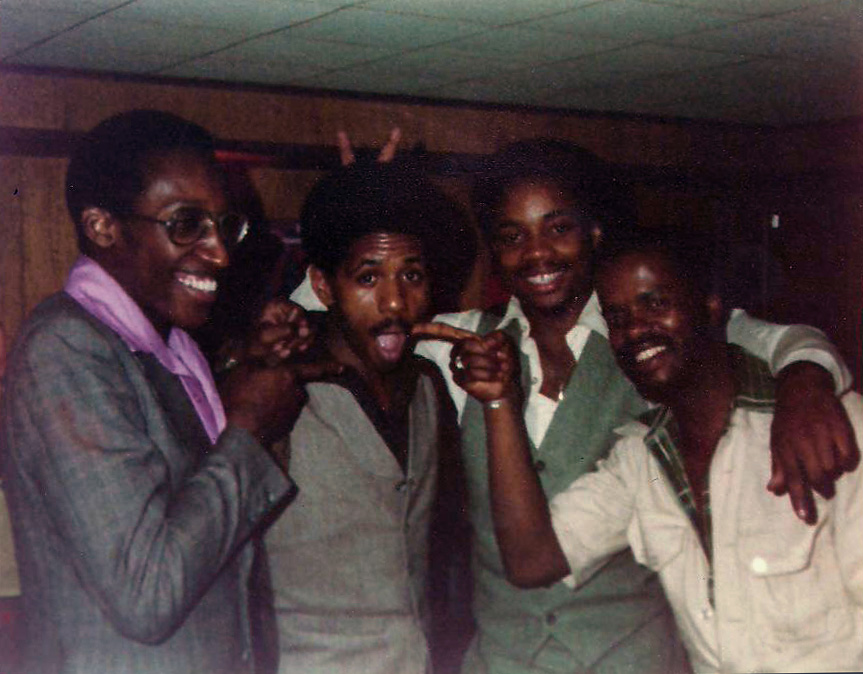

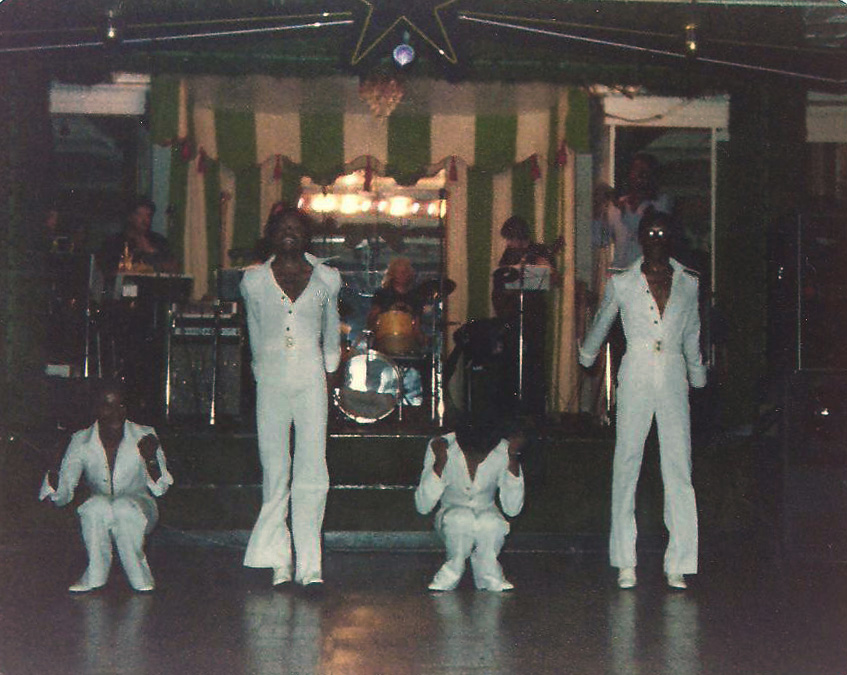
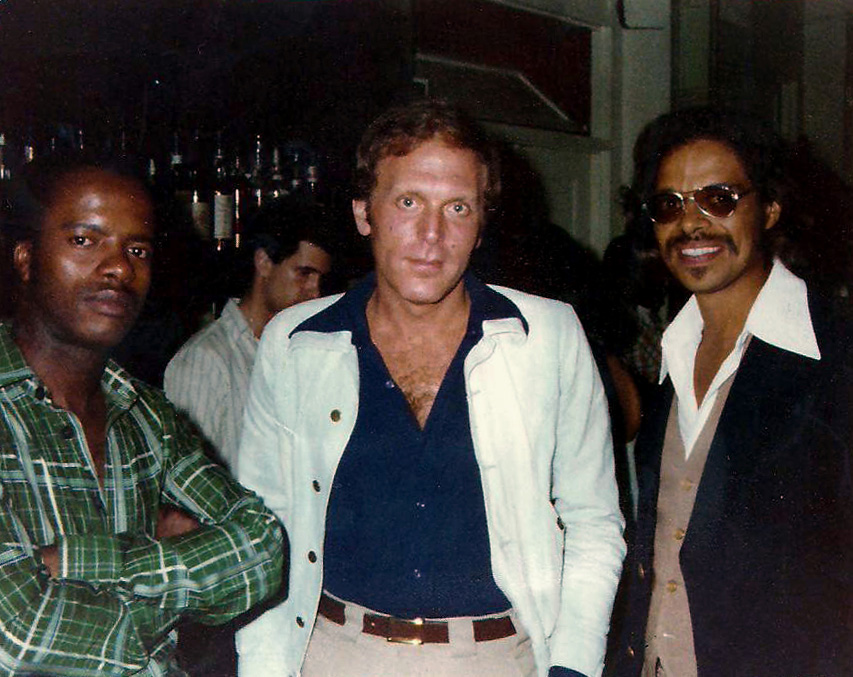
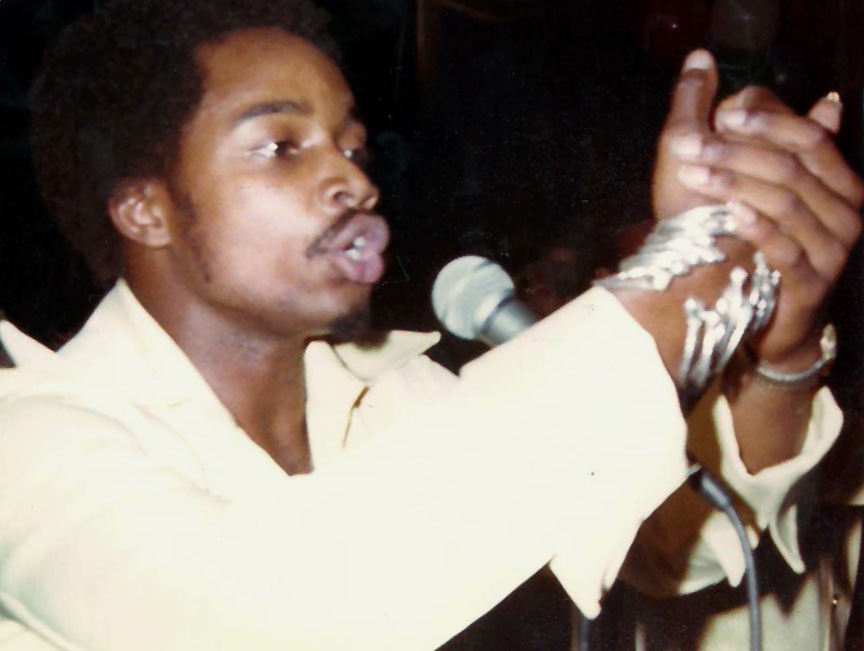
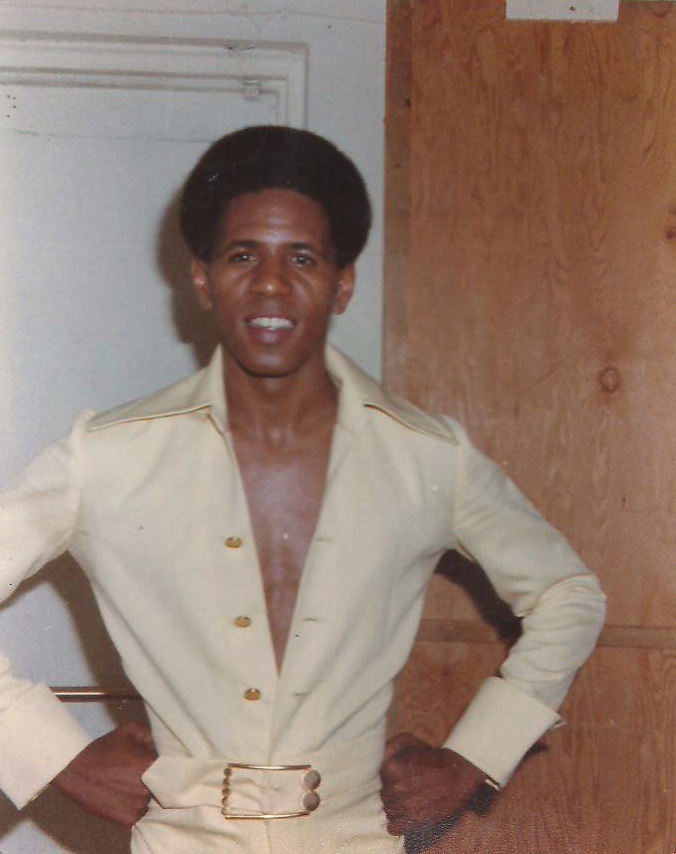
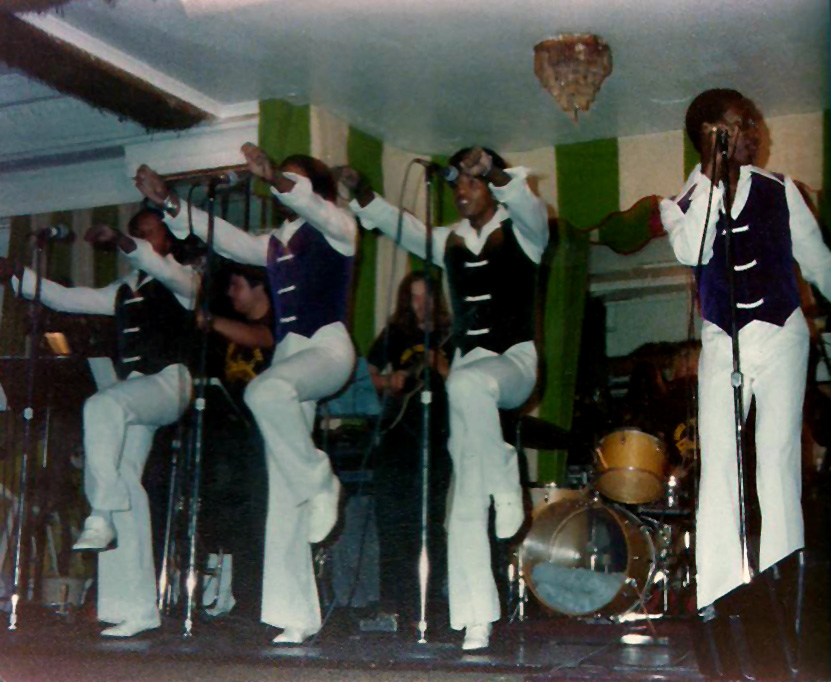
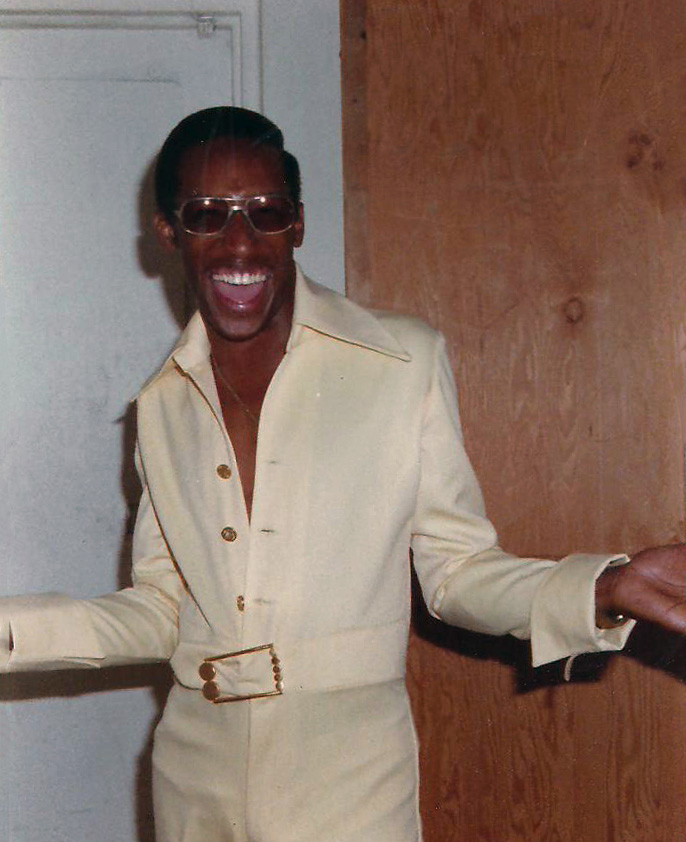
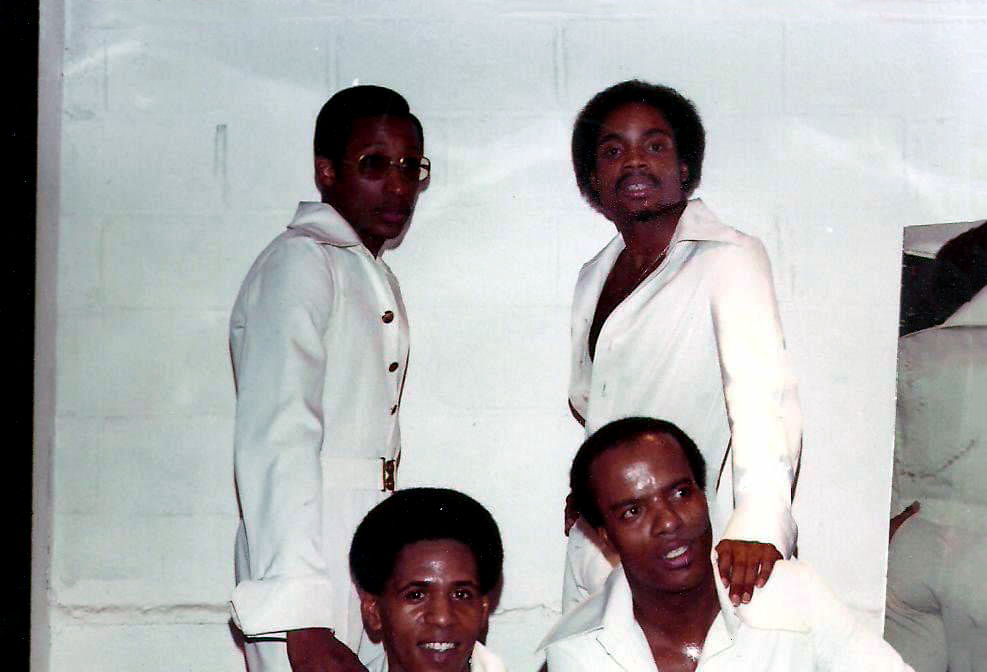
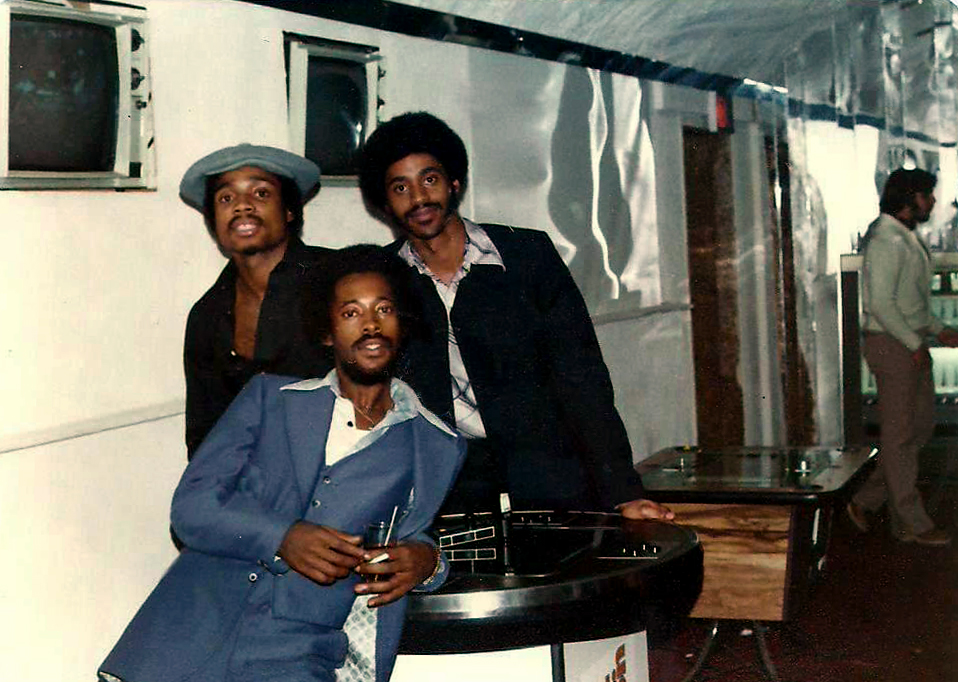

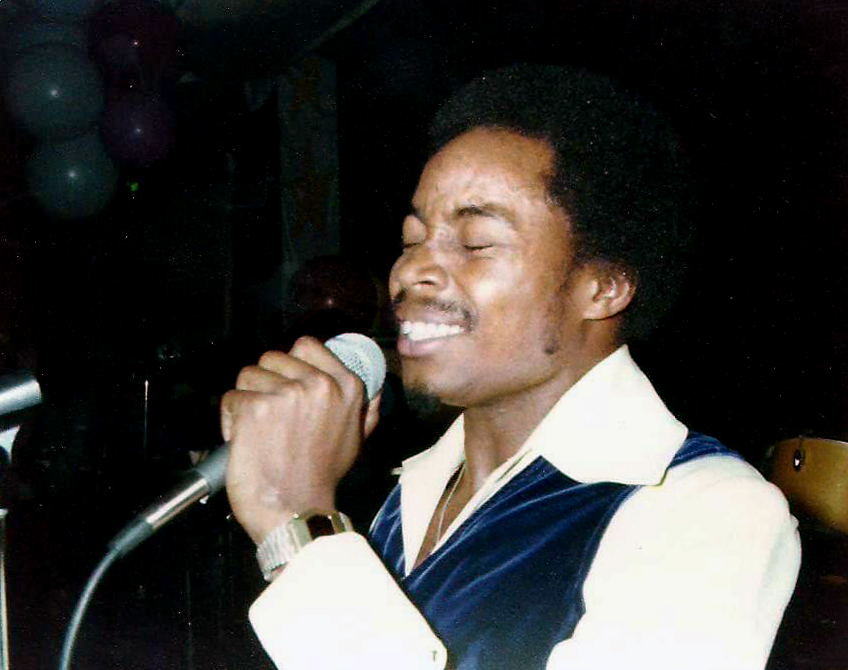
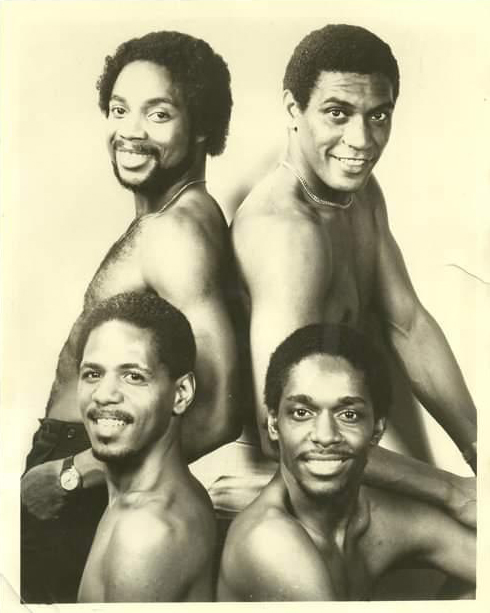
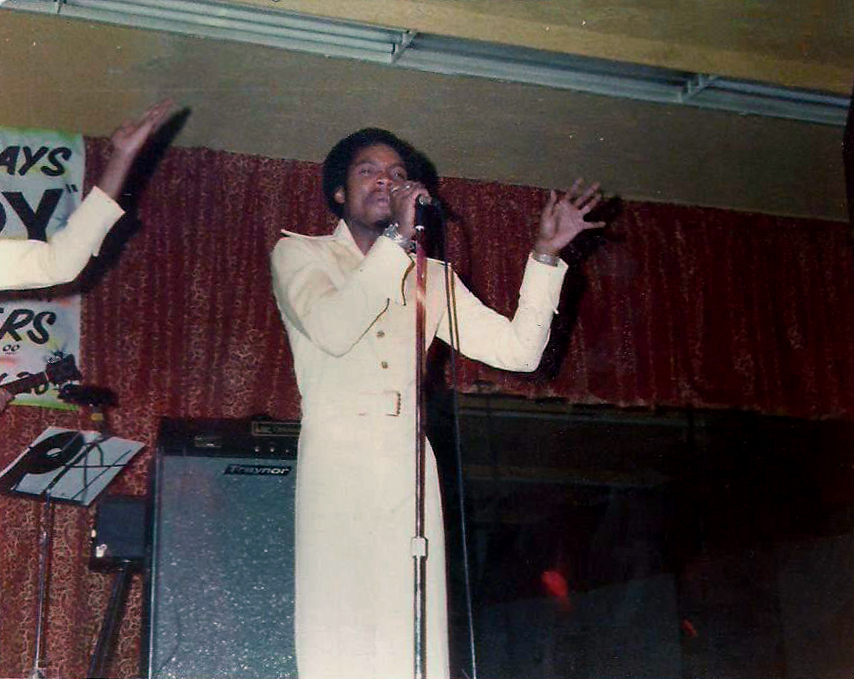
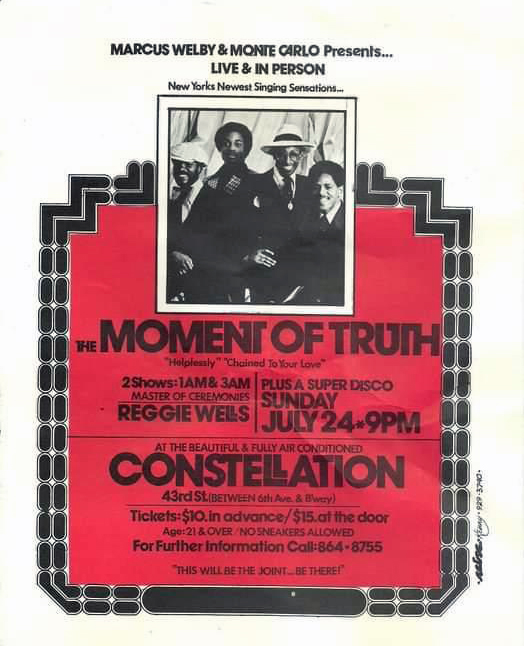
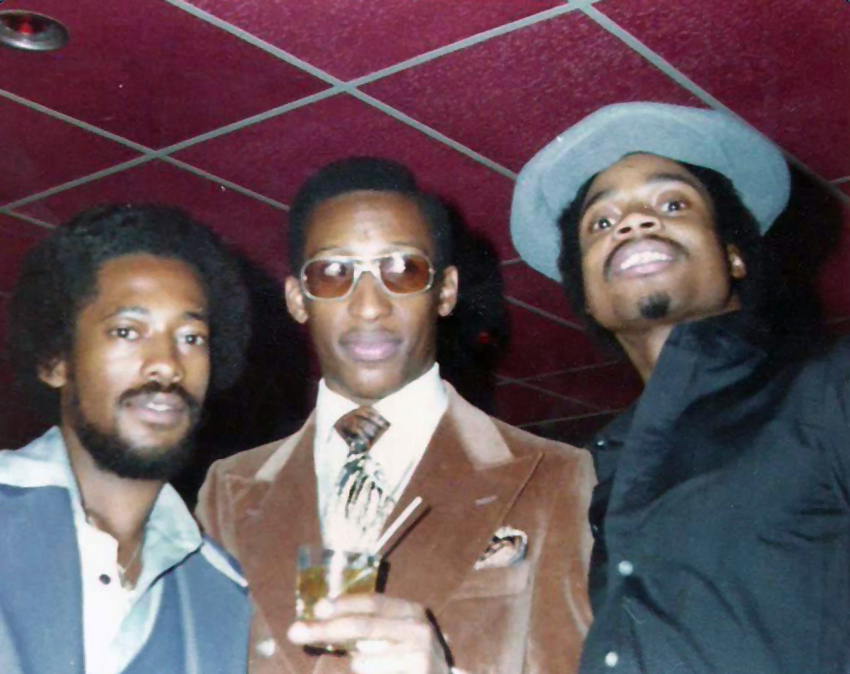

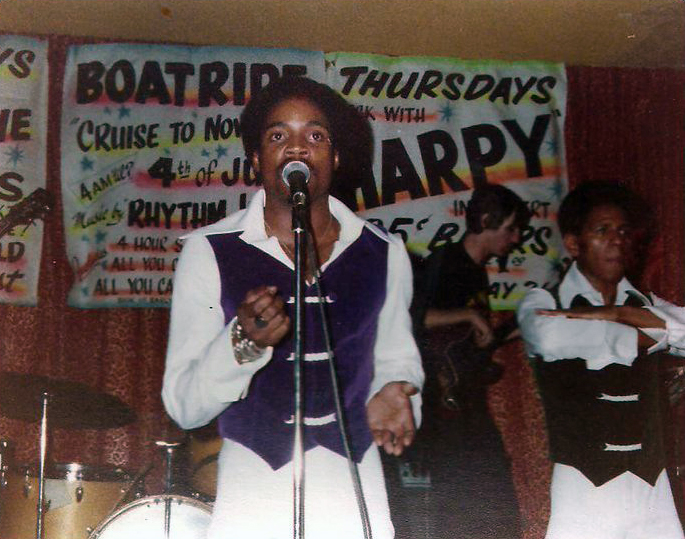
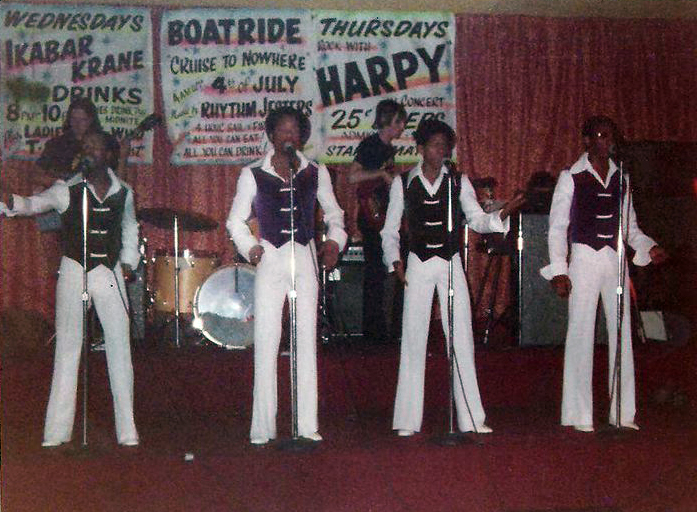
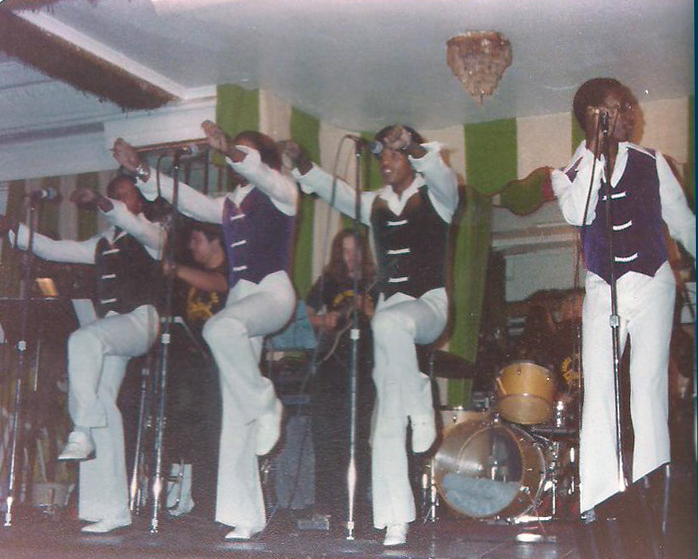
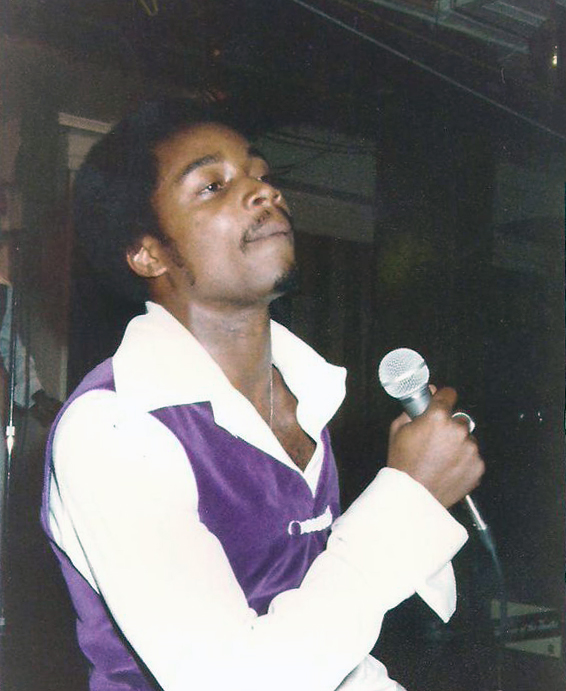

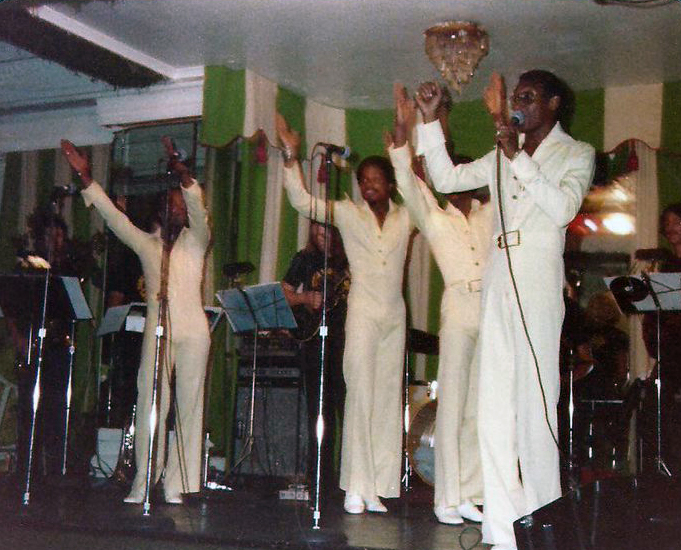
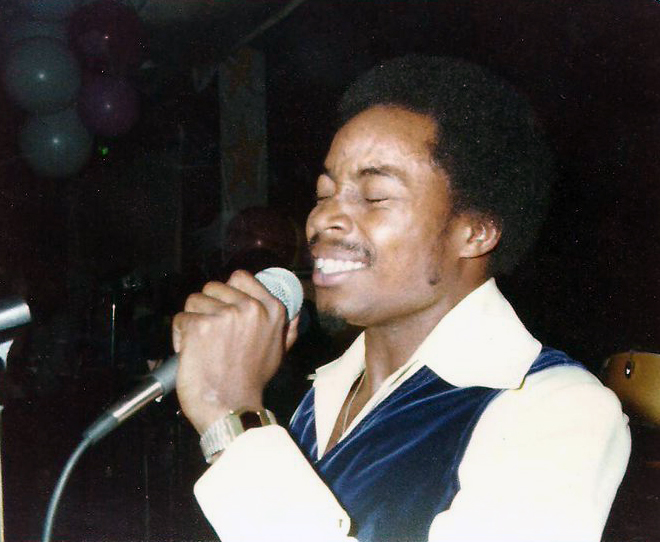

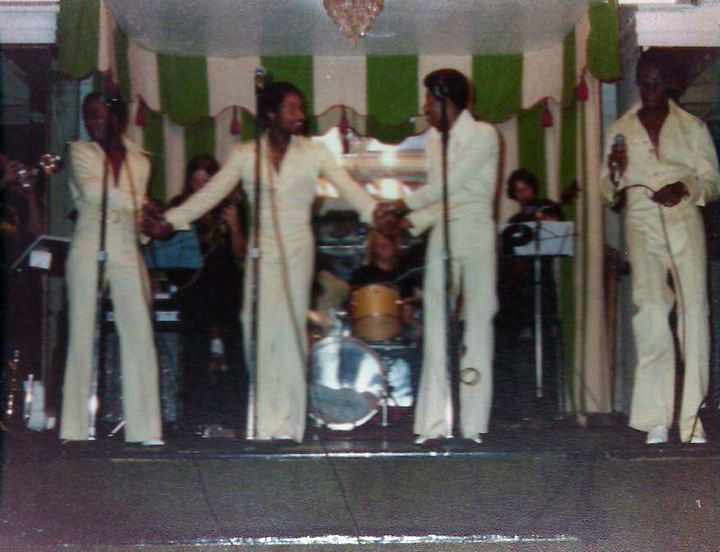
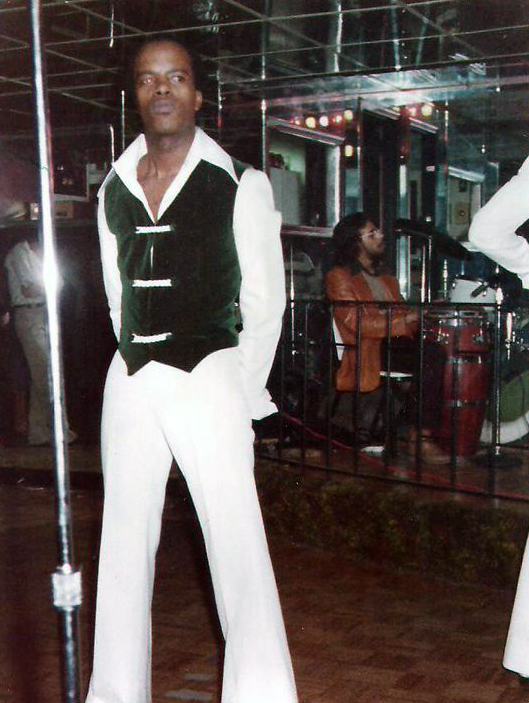
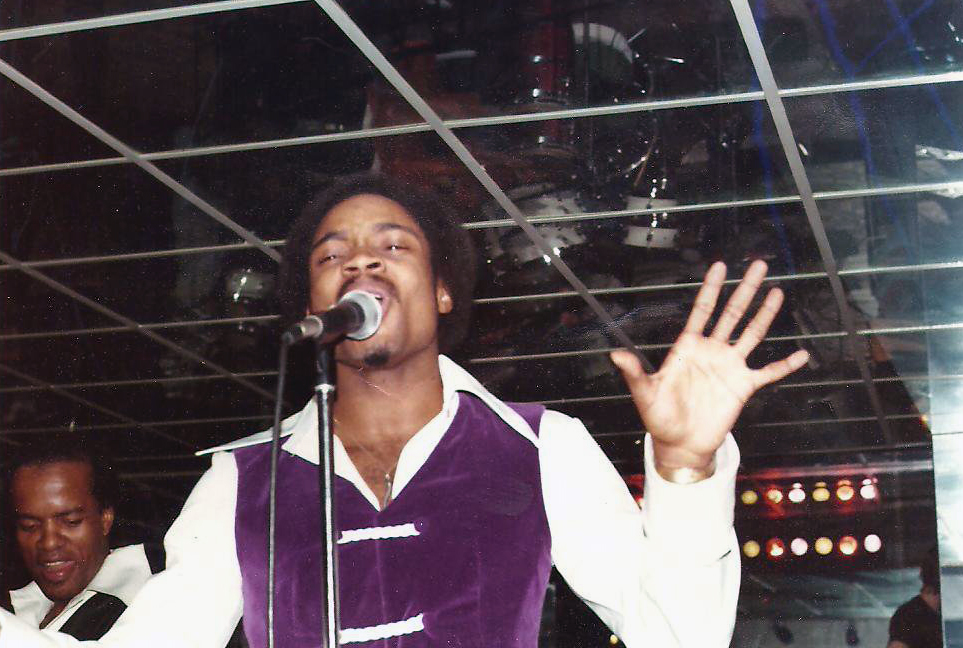

 After some attempts to get in contact with Gwen, we finally got in touch and she was more than surprised that Hot and some songs are still very popular in the soul / disco scene. Especially in the UK, Hot is a perennial favorite.
Asked when the fans can expect a release of HOT’s three albums on CD, Gwen says, “The material is at Atlantic and it’s up to them whether the albums are released on CD or not.”
Unfortunately, all outtakes and tapes from this session are no longer available. Producer Terry Woodfort eventually decided to destroy them, as the storage of the tapes in the respective rooms was simply too costly. That means, the only remaining master tapes are in the archives of Atlantic, so at least one hopes.
After some attempts to get in contact with Gwen, we finally got in touch and she was more than surprised that Hot and some songs are still very popular in the soul / disco scene. Especially in the UK, Hot is a perennial favorite.
Asked when the fans can expect a release of HOT’s three albums on CD, Gwen says, “The material is at Atlantic and it’s up to them whether the albums are released on CD or not.”
Unfortunately, all outtakes and tapes from this session are no longer available. Producer Terry Woodfort eventually decided to destroy them, as the storage of the tapes in the respective rooms was simply too costly. That means, the only remaining master tapes are in the archives of Atlantic, so at least one hopes.
 Gwen started singing in high school. “There was a sponsorship program in which I sang. Someone who sponsored this program was also recording in a recording studio and asked me what I did after school. I told him nothing and he just said, very well, then you can come to the studio after school. “The first recording was” Mystery of Love “followed by” Mystery Man “(1964). After that there was “Just Say You Wanted (And Needed)” and “I lost a good thing”. All songs are still very popular in the Nothern Soul scene.
At the beginning of her career she only sang songs by male singers, like Wilson Pickett and Otis Redding, because she did not want to be compared to other female singers. “Just to avoid anyone telling you, oh your sound is like that of singer X or Y. As female role models, I had Aretha Franklin, Tina Turner, Etta James, and Gladys Knight. I covered a lot of James Brown, my favorite song was cold sweat.
My cousin and sister were my backup dancers in my performances. We had this one gig in a club and I wore high heels and danced like crazy. Suddenly I slipped and during the next beat I was back up again. Of course, people thought it was part of my performance, why would a woman dance like this with high heels in a very long dress on a slippery floor? It was unbelievably fun for those who knew it was not part of my show. ”
The single “Rain” / “Lies”, which is in many lists stated as a single led by Gwen Owens, was not sung by her. “Weldon Mcdougall who has released the song must have made a mistake,” says Gwen. “It’s definitely not my voice, unfortunately now the whole world thinks the single is mine, which it definitely is not. There are so many songs I have recorded over the years and many songs that I can not remember … But I can clearly say that it’s not my voice. I do not know who the woman is and if she is still alive, but I certainly do not want any credit for songs I did not record. ”
In 1968 she recorded the singles “Make him mine” and “One more day”. Followed by more singles she recorded until she moved to California in 1971. “That’s where I recorded at Muscle Shoals Studios, where I also met producers Clayton Ivery and Terry Woodford, who also produced my song” you better watch out “. Clayton tried to sign me with a label when he suddenly got a call from Motown. He asked to build Motown South together with Terry. And when he signed up with Motown, he suggested me as an artist and I was in it. I insisted, however, that my contract only lasted over 6 months. Motown had a habit of contracting artists for 7 years and then doing nothing with them. And you can not record for anyone else, since you have a long-term contract with Motown.
Gwen started singing in high school. “There was a sponsorship program in which I sang. Someone who sponsored this program was also recording in a recording studio and asked me what I did after school. I told him nothing and he just said, very well, then you can come to the studio after school. “The first recording was” Mystery of Love “followed by” Mystery Man “(1964). After that there was “Just Say You Wanted (And Needed)” and “I lost a good thing”. All songs are still very popular in the Nothern Soul scene.
At the beginning of her career she only sang songs by male singers, like Wilson Pickett and Otis Redding, because she did not want to be compared to other female singers. “Just to avoid anyone telling you, oh your sound is like that of singer X or Y. As female role models, I had Aretha Franklin, Tina Turner, Etta James, and Gladys Knight. I covered a lot of James Brown, my favorite song was cold sweat.
My cousin and sister were my backup dancers in my performances. We had this one gig in a club and I wore high heels and danced like crazy. Suddenly I slipped and during the next beat I was back up again. Of course, people thought it was part of my performance, why would a woman dance like this with high heels in a very long dress on a slippery floor? It was unbelievably fun for those who knew it was not part of my show. ”
The single “Rain” / “Lies”, which is in many lists stated as a single led by Gwen Owens, was not sung by her. “Weldon Mcdougall who has released the song must have made a mistake,” says Gwen. “It’s definitely not my voice, unfortunately now the whole world thinks the single is mine, which it definitely is not. There are so many songs I have recorded over the years and many songs that I can not remember … But I can clearly say that it’s not my voice. I do not know who the woman is and if she is still alive, but I certainly do not want any credit for songs I did not record. ”
In 1968 she recorded the singles “Make him mine” and “One more day”. Followed by more singles she recorded until she moved to California in 1971. “That’s where I recorded at Muscle Shoals Studios, where I also met producers Clayton Ivery and Terry Woodford, who also produced my song” you better watch out “. Clayton tried to sign me with a label when he suddenly got a call from Motown. He asked to build Motown South together with Terry. And when he signed up with Motown, he suggested me as an artist and I was in it. I insisted, however, that my contract only lasted over 6 months. Motown had a habit of contracting artists for 7 years and then doing nothing with them. And you can not record for anyone else, since you have a long-term contract with Motown.

 We did not search for material, but had recorded other songs besides “you better watch out”. The were completely finished and would only have to be published. The problem with Motown, however, was that they had so many artists with so much material that they did not even manage to release my stuff. So, after 6 months I asked to be released from my contract. At that time, Ivery and Terry were still under contract with Motown South. The Motown South Project did not really do anything.
When their contracts extradited to Motown, they called me and asked if I did not want to come back and I said to myself, why not. At that time, they brought my songs to Casablanca and Casablanca signed me. Finally Casablanca released “You better watch out”.
When asked what happened to the rest of the songs, Gwen laughs. “I have no idea, you know, I’ve recorded so many songs over the course of my career, eventually you lose track.”
Producer Terry Woodford still remembers a title “Cross My Heart” which was also recorded by Gwen but never released..
After the release of “you better watch out” it got quiet, concerned Gwen`s solo recordings. “I worked as a background singer for Ann-Margret, Jose Feliciano, the O’Jays, Lou Rawls, Nancy Sinatra and Raquel Welch, among others.
Ivery came back to me in the mid 70’s, so I did the backing vocals on the Wolfman Jack tour with Cathy Carson and Irene Cathaway.
We did not search for material, but had recorded other songs besides “you better watch out”. The were completely finished and would only have to be published. The problem with Motown, however, was that they had so many artists with so much material that they did not even manage to release my stuff. So, after 6 months I asked to be released from my contract. At that time, Ivery and Terry were still under contract with Motown South. The Motown South Project did not really do anything.
When their contracts extradited to Motown, they called me and asked if I did not want to come back and I said to myself, why not. At that time, they brought my songs to Casablanca and Casablanca signed me. Finally Casablanca released “You better watch out”.
When asked what happened to the rest of the songs, Gwen laughs. “I have no idea, you know, I’ve recorded so many songs over the course of my career, eventually you lose track.”
Producer Terry Woodford still remembers a title “Cross My Heart” which was also recorded by Gwen but never released..
After the release of “you better watch out” it got quiet, concerned Gwen`s solo recordings. “I worked as a background singer for Ann-Margret, Jose Feliciano, the O’Jays, Lou Rawls, Nancy Sinatra and Raquel Welch, among others.
Ivery came back to me in the mid 70’s, so I did the backing vocals on the Wolfman Jack tour with Cathy Carson and Irene Cathaway.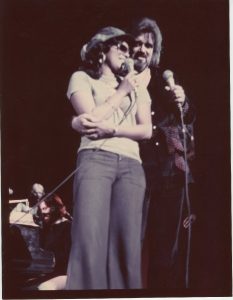
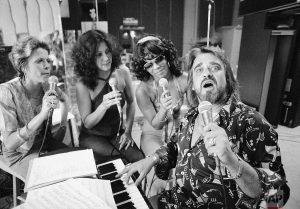
 Gwen asked her producers if they were really sure that “Angel” should be the first single, followed by a unanimous “yes”. Gwen says today that she never expected the song to be such a big hit. “After the song was released, the label wanted to have a finished album as soon as possible. At the same time, we were hoping to find a third member for the group. We had no idea what cultural background the singer should have. Irene was Mexican, but we did not necessarily look for a Mexican again.
We were sitting at our manager’s office when we all accidentally looked out the window and watched a woman walking across the street. I also do not remember what she was wearing, but her look was just amazing. Ed our manager just said if she is coming for the audition and sing can sing, she gets the job, she just looked amazing.
Gwen asked her producers if they were really sure that “Angel” should be the first single, followed by a unanimous “yes”. Gwen says today that she never expected the song to be such a big hit. “After the song was released, the label wanted to have a finished album as soon as possible. At the same time, we were hoping to find a third member for the group. We had no idea what cultural background the singer should have. Irene was Mexican, but we did not necessarily look for a Mexican again.
We were sitting at our manager’s office when we all accidentally looked out the window and watched a woman walking across the street. I also do not remember what she was wearing, but her look was just amazing. Ed our manager just said if she is coming for the audition and sing can sing, she gets the job, she just looked amazing. You know how the story ends, after we were complete as a trio, we went back to Muscle Shoals to finish the album. Juanita Curiel, who joined as the third member, can not be heard on the original version of “Angel in your Arms” but on the Spanish version of the song. As she was not yet a member of the group when the first version was recorded. I do not remember who had the idea, we learned that Juanita does not speak Spanish because we were hoping she could translate the song.
That’s why there were suddenly about 9 translators in the studio who translated the song for us. ”
When asked how Terry came to all the translators in Alabama in the 1970s, he said, “We have announced what we are looking for and many people came to the studio. It was exciting for them to be in a recording studio. At the time, HOT had a big hit and was HOT in the truest sense of the word. I still remember that the line “While you’re out of paintin ‘the town” made the most translation problems. Because this is a proverb.
You know how the story ends, after we were complete as a trio, we went back to Muscle Shoals to finish the album. Juanita Curiel, who joined as the third member, can not be heard on the original version of “Angel in your Arms” but on the Spanish version of the song. As she was not yet a member of the group when the first version was recorded. I do not remember who had the idea, we learned that Juanita does not speak Spanish because we were hoping she could translate the song.
That’s why there were suddenly about 9 translators in the studio who translated the song for us. ”
When asked how Terry came to all the translators in Alabama in the 1970s, he said, “We have announced what we are looking for and many people came to the studio. It was exciting for them to be in a recording studio. At the time, HOT had a big hit and was HOT in the truest sense of the word. I still remember that the line “While you’re out of paintin ‘the town” made the most translation problems. Because this is a proverb.
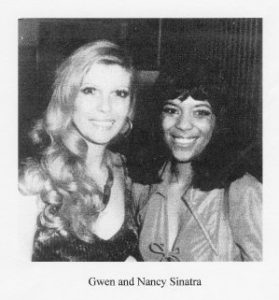 We paid everyone who helped $ 50. People did not do it for the money, but because they had a blast.
After all the recordings for the first album were completed, we then made the Spanish version.
After the release of the album, we went on tour and did some TV shows.
We had to record the albums so fast, we did not really have time to enjoy it. Before we knew it, we were back in the studio to record the second album. ”
When asked how we can imagine the time in the studio, says Gwen,
“You know, there were a lot of songwriters there and everyone was trying to get their songs on our album. We listened to the demos and I talked to Terry and Clayton. It did not matter which songs I chose, because they were all good. I’ve played them and tried to figure out which songs I can feel good with. Then the musicians recorded the backing tracks, we had no influence on the arrangements. The things we could control were the lead and background vocals.
We have all made background vocal arrangements for all our albums. At first I just went to the studio and recorded the background without consulting the producers. I thought I would go beyond the limits if I just do it without talking to them first. So there was a difference of opinion and the next day I waited until I should sing. The result was that I just heard, what are you waiting for? Sing the background! From then on, everyone understood that we knew what we were doing. ”
We paid everyone who helped $ 50. People did not do it for the money, but because they had a blast.
After all the recordings for the first album were completed, we then made the Spanish version.
After the release of the album, we went on tour and did some TV shows.
We had to record the albums so fast, we did not really have time to enjoy it. Before we knew it, we were back in the studio to record the second album. ”
When asked how we can imagine the time in the studio, says Gwen,
“You know, there were a lot of songwriters there and everyone was trying to get their songs on our album. We listened to the demos and I talked to Terry and Clayton. It did not matter which songs I chose, because they were all good. I’ve played them and tried to figure out which songs I can feel good with. Then the musicians recorded the backing tracks, we had no influence on the arrangements. The things we could control were the lead and background vocals.
We have all made background vocal arrangements for all our albums. At first I just went to the studio and recorded the background without consulting the producers. I thought I would go beyond the limits if I just do it without talking to them first. So there was a difference of opinion and the next day I waited until I should sing. The result was that I just heard, what are you waiting for? Sing the background! From then on, everyone understood that we knew what we were doing. ”
 As a woman in the 70s it was not easy in the music business. Not only that everyone thought the group would be like many groups and compiled solely for commercial reasons. “No, it was a coincidence how we came together and we were one of the first multicultural groups. And yes, we had to fight for our rights, especially Juanita had a hard time getting her songs on the albums. A few of her songs made it on our albums, but trust me, it was a tough fight to even consider our songs. ”
Gwen also has two songs on the first album, including “Why don`t you believe in your man” and “If you don’t love her” (
As a woman in the 70s it was not easy in the music business. Not only that everyone thought the group would be like many groups and compiled solely for commercial reasons. “No, it was a coincidence how we came together and we were one of the first multicultural groups. And yes, we had to fight for our rights, especially Juanita had a hard time getting her songs on the albums. A few of her songs made it on our albums, but trust me, it was a tough fight to even consider our songs. ”
Gwen also has two songs on the first album, including “Why don`t you believe in your man” and “If you don’t love her” (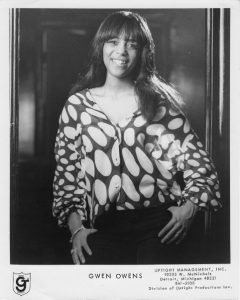 Why was there no follow up after three strong albums? Gwen says, “I do not know if I should tell you this story, but it was so long ago, why not. A singer at Columbia recorded the same song as a singer at our mother label Atlantic. And something happened back then that there was a legal dispute between Columbia and Atlantic and their respective singers. The singer who recorded at Atlantic, it was her first record, we were very sorry, because it would have been a hit. The song was also a hit for the male singer at Columbia.
During this dispute, however, everything that stood at promotion etc was stopped by Atlantic. This in turn led to a dispute with our producer and the Executive of Atlantic. The end of the story was that we were released from our contract. Therefore, there was no follow up after the three albums. So, whenever you hear that an artist has quit a contract for some unknown reason, the artist is mostly innocent of that fact, it’s the managers, the record bosses, etc., who decide on your career, not the artist himself. This lawsuit also buried the singer’s career at the same time.”
Why was there no follow up after three strong albums? Gwen says, “I do not know if I should tell you this story, but it was so long ago, why not. A singer at Columbia recorded the same song as a singer at our mother label Atlantic. And something happened back then that there was a legal dispute between Columbia and Atlantic and their respective singers. The singer who recorded at Atlantic, it was her first record, we were very sorry, because it would have been a hit. The song was also a hit for the male singer at Columbia.
During this dispute, however, everything that stood at promotion etc was stopped by Atlantic. This in turn led to a dispute with our producer and the Executive of Atlantic. The end of the story was that we were released from our contract. Therefore, there was no follow up after the three albums. So, whenever you hear that an artist has quit a contract for some unknown reason, the artist is mostly innocent of that fact, it’s the managers, the record bosses, etc., who decide on your career, not the artist himself. This lawsuit also buried the singer’s career at the same time.”
 Why did she record solo material in 1979?
“Our manager told our producers to record these songs. They did not tell the others girls and I should come to the studio and record my vocals to the songs. I suspect that they wanted to alienate me from the group to make me a solo artist. There was no reason for that. There was never a bad word in the group, or any other problems. Anyway, I recorded the songs, but I did not even know they were released until the day I saw them as a single some years ago. ”
When asked what she remembers from the 1980 movie, Gwen says, “I know that the script for the movie was done before we even talked about it. At first, the movie was only about two singers, then they expanded the script to 3 singers when we came into movie. ”
Why is there so less video recordings of HOT, Gwen wonders. She remembers being in many TV shows.
The next thing you hear from HOT dates back to 1982 and for a long time it was not clear if this was really a HOT single, or if only, as shown on the label, Juanita alone was involved in the recording. This is the single “Tonight” / “The Nights Are Not Enough”. Gwen confirms that this is a Hot single as both she, Cathy and Juanita have recorded this song including the B-side. (
Why did she record solo material in 1979?
“Our manager told our producers to record these songs. They did not tell the others girls and I should come to the studio and record my vocals to the songs. I suspect that they wanted to alienate me from the group to make me a solo artist. There was no reason for that. There was never a bad word in the group, or any other problems. Anyway, I recorded the songs, but I did not even know they were released until the day I saw them as a single some years ago. ”
When asked what she remembers from the 1980 movie, Gwen says, “I know that the script for the movie was done before we even talked about it. At first, the movie was only about two singers, then they expanded the script to 3 singers when we came into movie. ”
Why is there so less video recordings of HOT, Gwen wonders. She remembers being in many TV shows.
The next thing you hear from HOT dates back to 1982 and for a long time it was not clear if this was really a HOT single, or if only, as shown on the label, Juanita alone was involved in the recording. This is the single “Tonight” / “The Nights Are Not Enough”. Gwen confirms that this is a Hot single as both she, Cathy and Juanita have recorded this song including the B-side. (

